(b. 1988, IT) is an architect working across different scales and formats. Engaging with both commissioned and self-initiated projects, as well as collaborations, her work explores architecture and the built environment through building, photography, drawing, and writing. The practice is focused on examining and imagining architecture in relation to its broader cultural and physical context—the landscape, the city, their histories, various forms of representation, and their spatial implications. It follows a process that is both analytical and guided by intuition, carefully considering the existing and its possibilities while remaining grounded in an embodied experience of the present conditions. Simona studied architecture at the Politecnico di Milano (B.Sc. with Honors, 2010) and the Technical University of Vienna and received her Master’s degree at the Tokyo Institute of Technology (M.Eng.,2014) as a Monbukagakusho Fellow. She completed a Master in Fine Arts at the Zurich University of the Arts (MFA, 2022). She has worked internationally with the Tokyo-based studio Atelier Bow-Wow, where she led several projects from concept to completion including the Search Library in Muharraq, Bahrain, installations and exhibition designs at various venues and institutions such as the Cultural Center of Chicago, Harvard GSD, La Biennale di Venezia, the National Museum of Modern Art in Tokyo, the MAXXI Museum in Rome, and the Triennale di Milano. Alongside her practice, between 2017–2023 Simona has been teaching and researching at the Department of Architecture at ETH Zurich, Chair of Architectural Behaviorology (Prof. Momoyo Kaijima), where she taught design studios and co-authored the book "Swiss Window Journeys: Architectural Field Notes" (gta Verlag, 2023). She was assistant curator of the Japan Pavilion at the 16th Venice Architecture Biennale (2018). Her work has been awarded by international competitions such as Europan and has received grants from the Austrian Ministry of Culture, the Ministry of Education, Culture, Sports, Science, and Technology of Japan (MEXT), the European Union, and the City of Zurich. Recently, she was architect-in-residence at the MAK Center for Art and Architecture in Los Angeles with the MAK Schindler Scholarship and at the Charles Moore Foundation in Santa Monica.
Here is an archive of recent works. Get in touch by Email & Instagramis an architect working across different scales and formats. Engaging with both commissioned and self-initiated projects, as well as collaborations, her work explores architecture and the built environment through building, photography, drawing, and writing. The practice is focused on examining and imagining architecture in relation to its broader cultural and physical context—the landscape, the city, their histories, various forms of representation, and their spatial implications. It follows a process that is both analytical and guided by intuition, carefully considering the existing and its possibilities while remaining grounded in an embodied experience of the present conditions.
Here is an archive of recent works. Get in touch by Email & Instagram Garden in Progress
Garden in Progress
“Alas, the lovely garden, placed high above the coast / Is built on crumbling rock. Landslides / Drags parts of it into the dephts without warning” —Bertolt Brecht from “Garden in Progress”
Living in exile in Los Angeles in the 1940s, Bertolt Brecht maps his new physical surroundings as well as his emigrant experience through his poetry. Using Brecht’s garden poems as an entry point to the city, Garden in Progress is the culmination of a body of research developed during the MAK Center residency program that presents gardens as a lens for navigating Los Angeles. Defined by the boundaries regulating property ownership, gardens are deeply enmeshed in the extractive process of land subdivision on which modern urban planning practices rely. Yet, they also rebel against those established principles. As places in constant transformation that rely on caretaking and constant upkeep, gardens offer alternative ways of space-making. Across the various ethnic communities of Los Angeles, the garden has historically served—and continues to serve—as a social space, a place of labor, a means to counter discriminatory urban policies, to reclaim access to space and resources, emerging as an urban common of the city. By examining the space of the garden as a structuring element embedded in the entire social fabric and diffuse urban texture of Los Angeles, the project aims to outline an inclusive interpretation of LA’ urban landscape.
For the final exhibition at the MAK Center I turned my fieldwork encounters into large 1:1 scale hand drawings. By placing the drawings across the site of Schindler’s Mackey Apartments, the installation translates my journey across Los Angeles into a progression through the exhibition. With their environmental scale, the drawings also functioning as site-specific interventions. The drawings use a line-drawing technique typical of architectural plans, creating a ghostly effect at 1:1 scale. This invites visitors to engage closely, encouraging a physical experience of the sites rather than just a visual one. Beyond the exhibition, the project included collaborations with LA-based artists and poets at David Horvitz's 7th Ave Garden and the Southern California Gardeners' Federation. It also concluded with a final drawing survey, created during a residency at the Charles Moore Foundation in Santa Monica.
Location: Los Angeles, US
Venues: MAK Center for Art and Architecture, The Charles Moore Foundation, 7th Ave Garden, Southern California Gardeners' Federation.
Year: 2023-2024
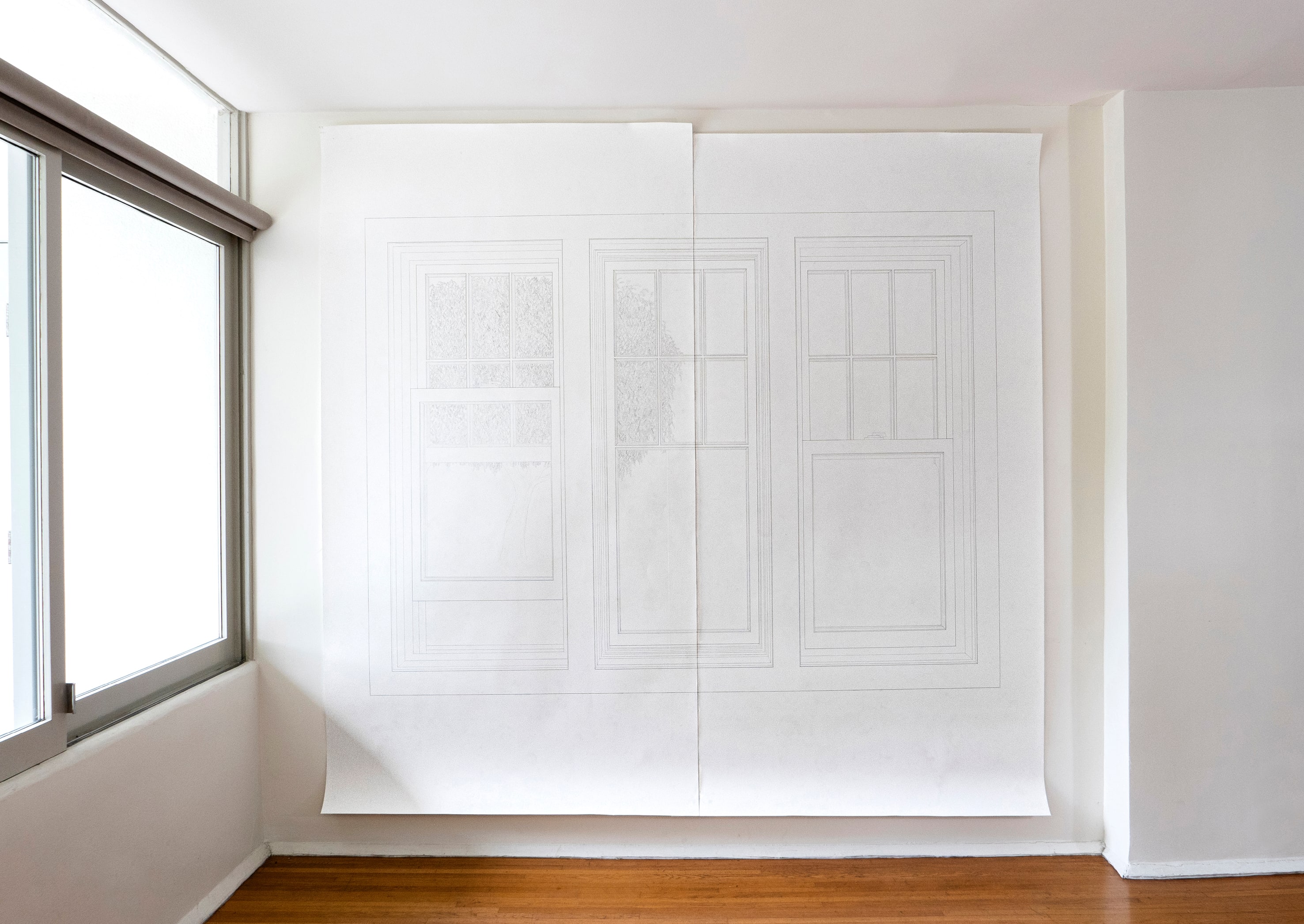
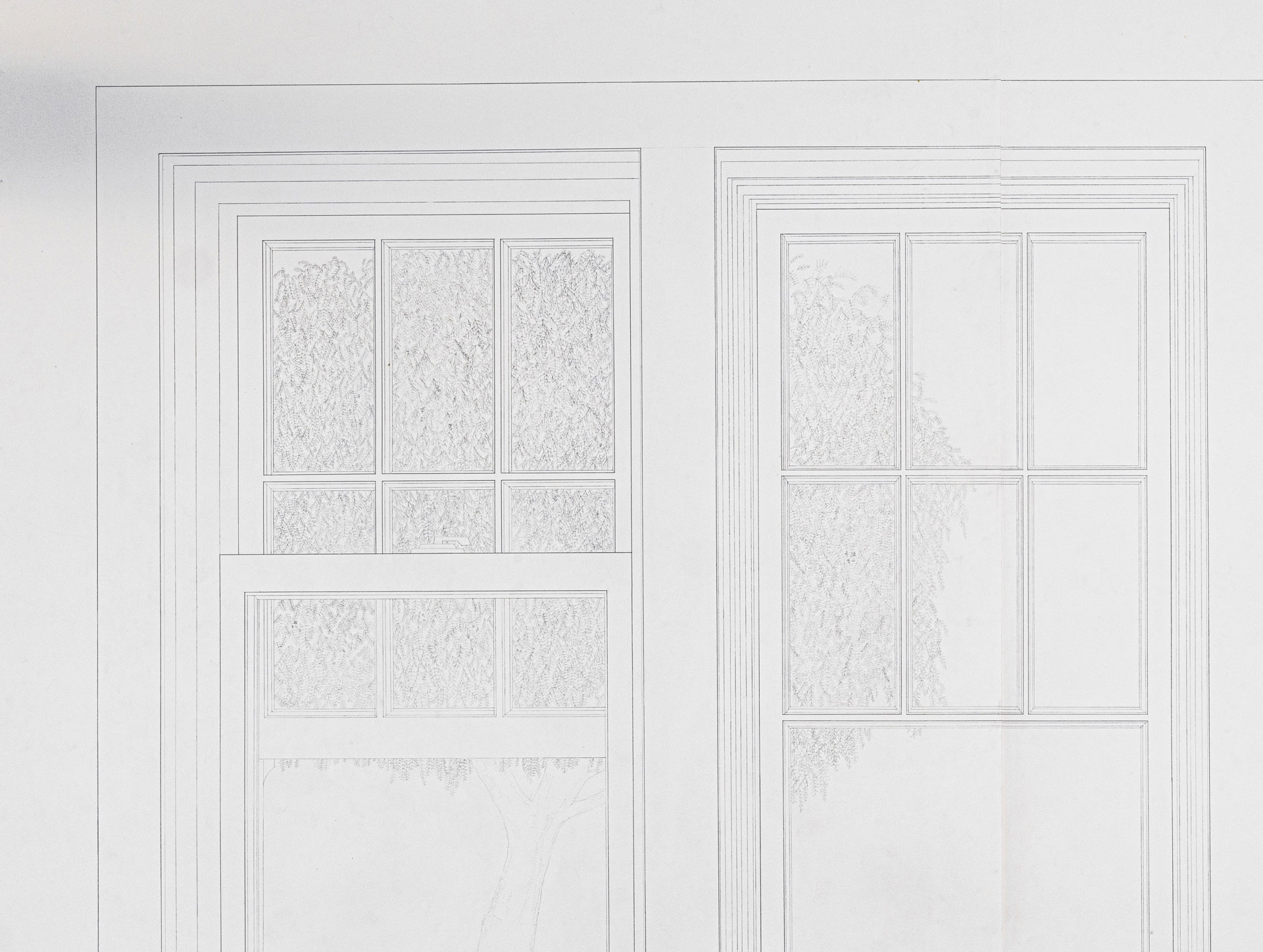
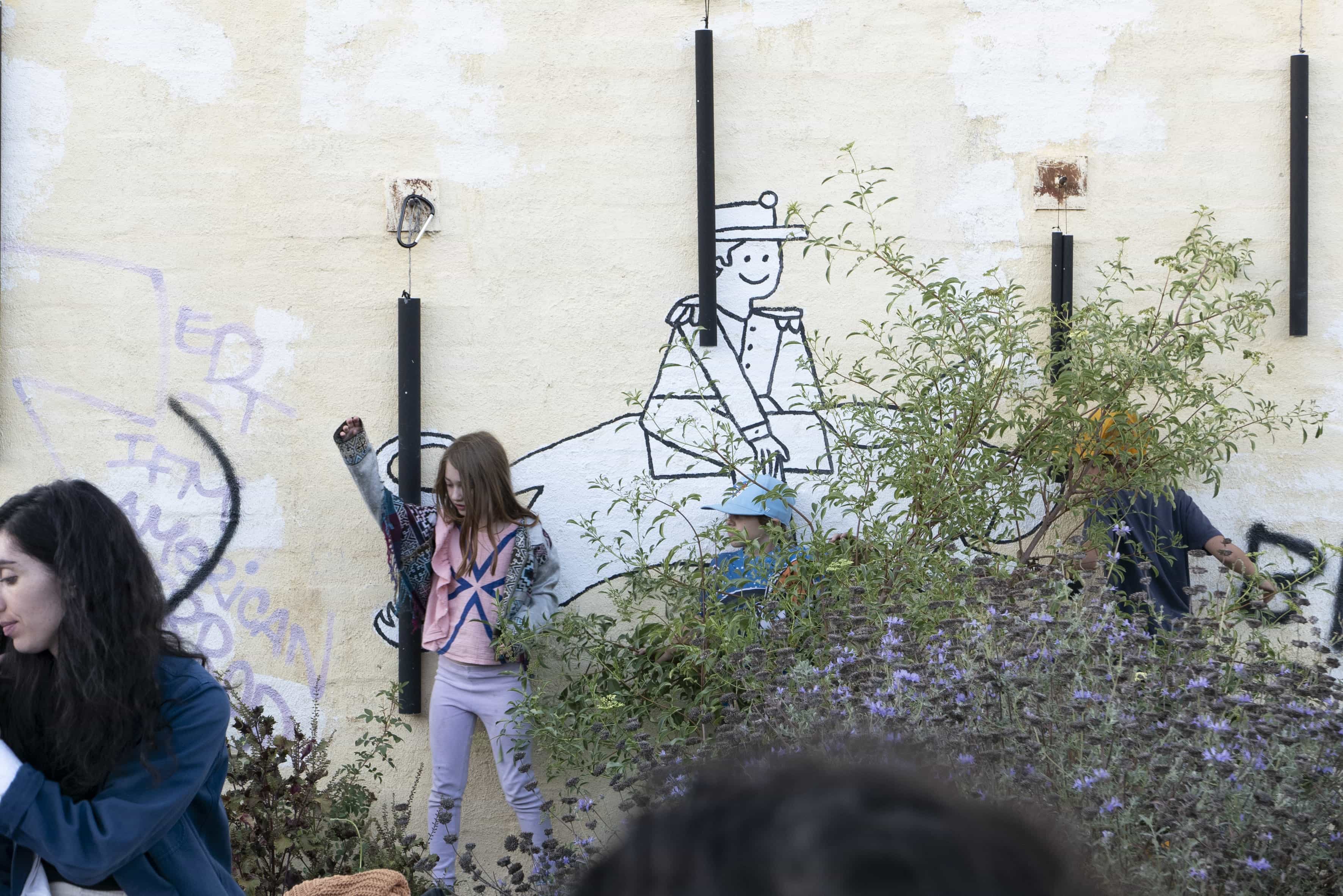
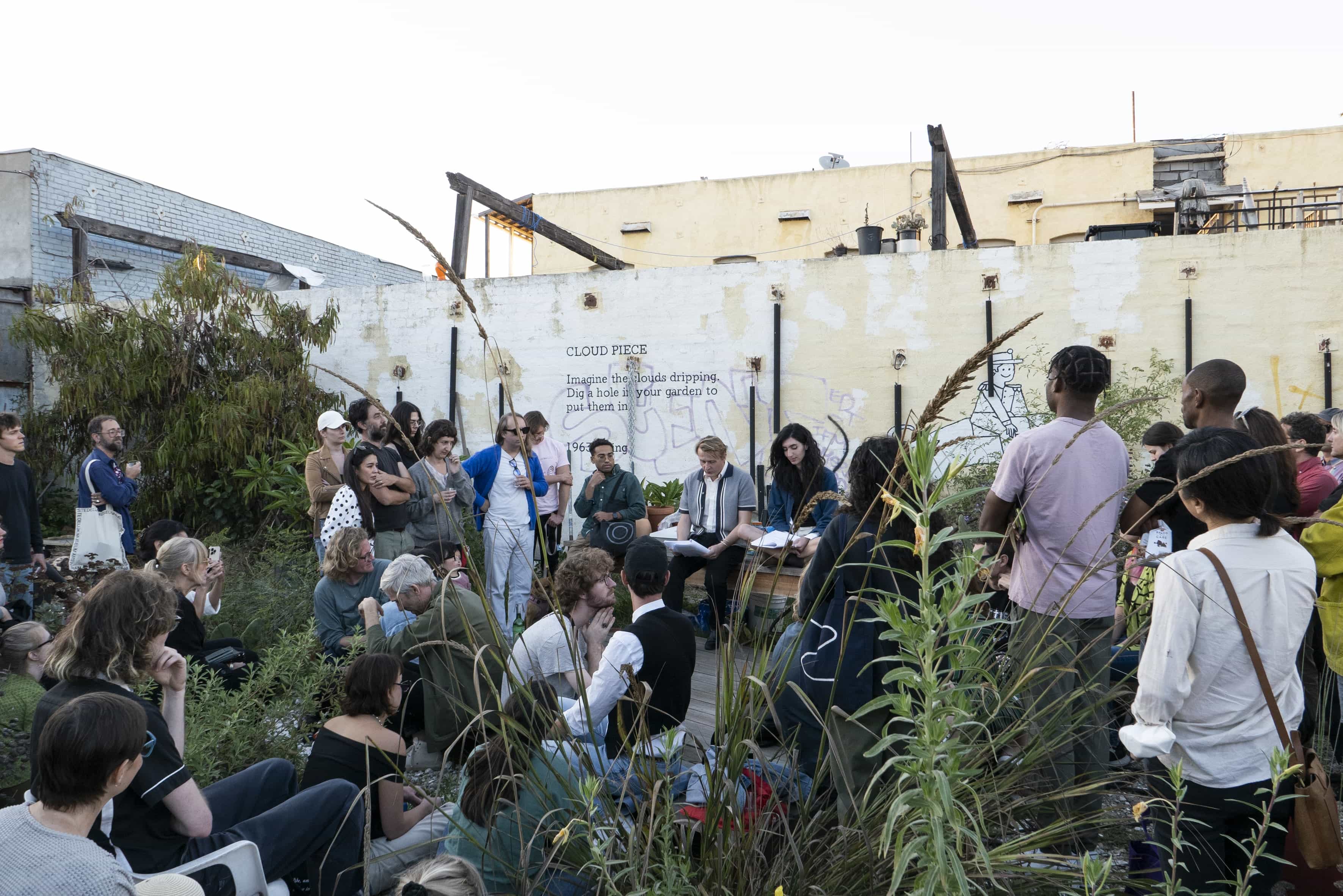
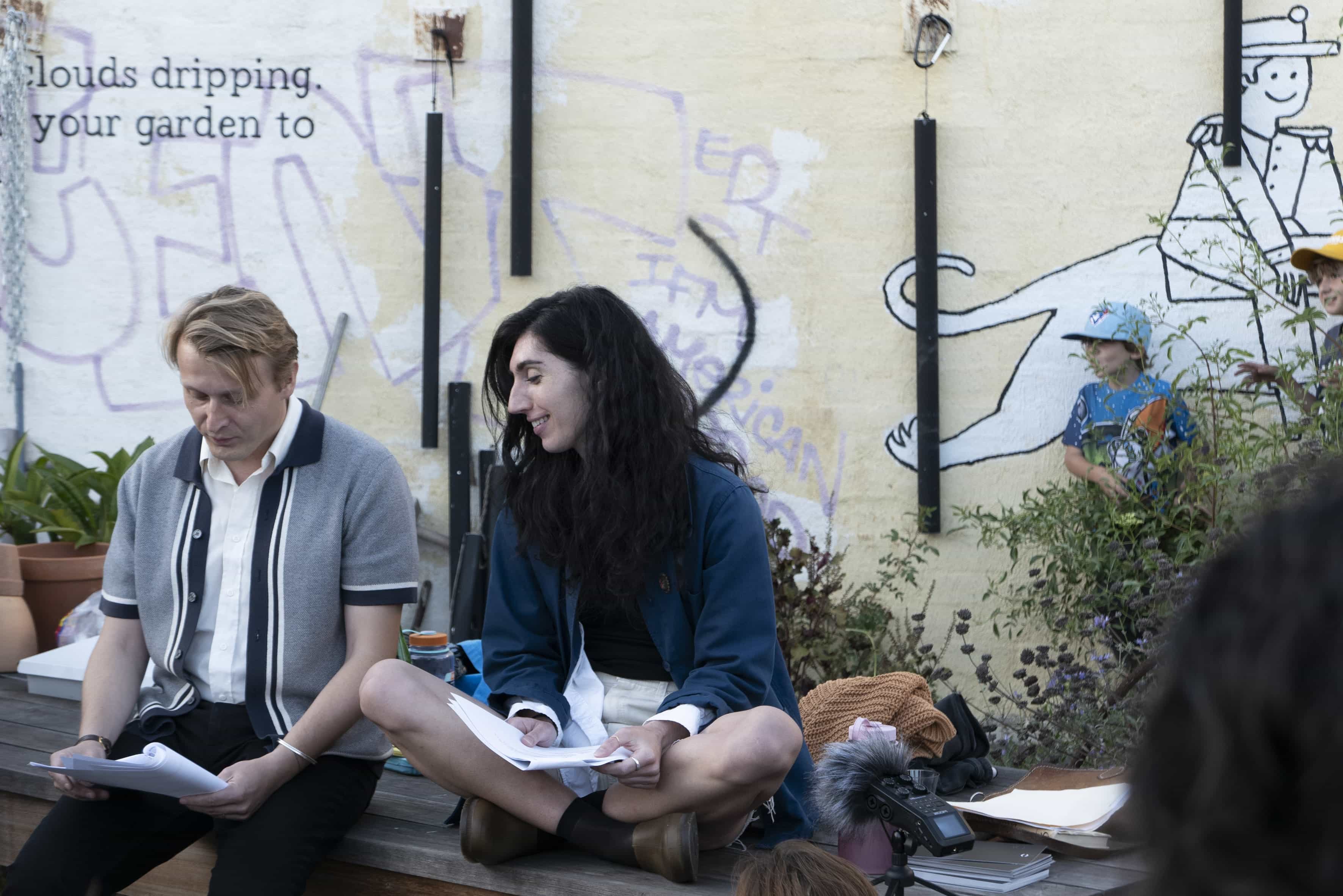
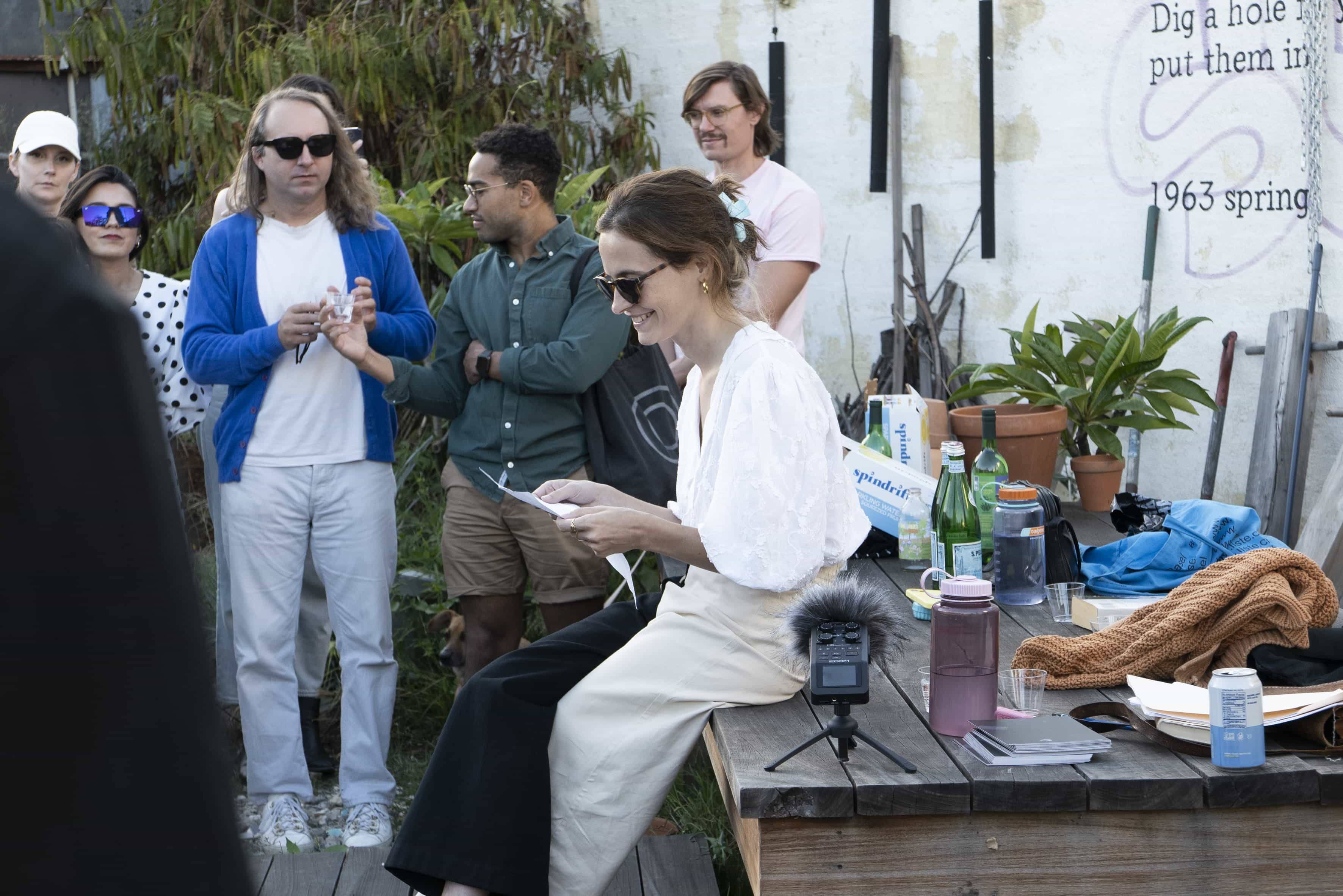
Bertolt Brecht’s poetry reading at David Horvitz’s 7th Ave Garden on September 3rd, 2023.
Co-hosted with Language Garden (Corina Copp, Sophia Le Fraga, and Joseph Mosconi) and David Horvitz.
Readings by Benno Herz and Cleo Abramian. Event photos by Céline Brunko.
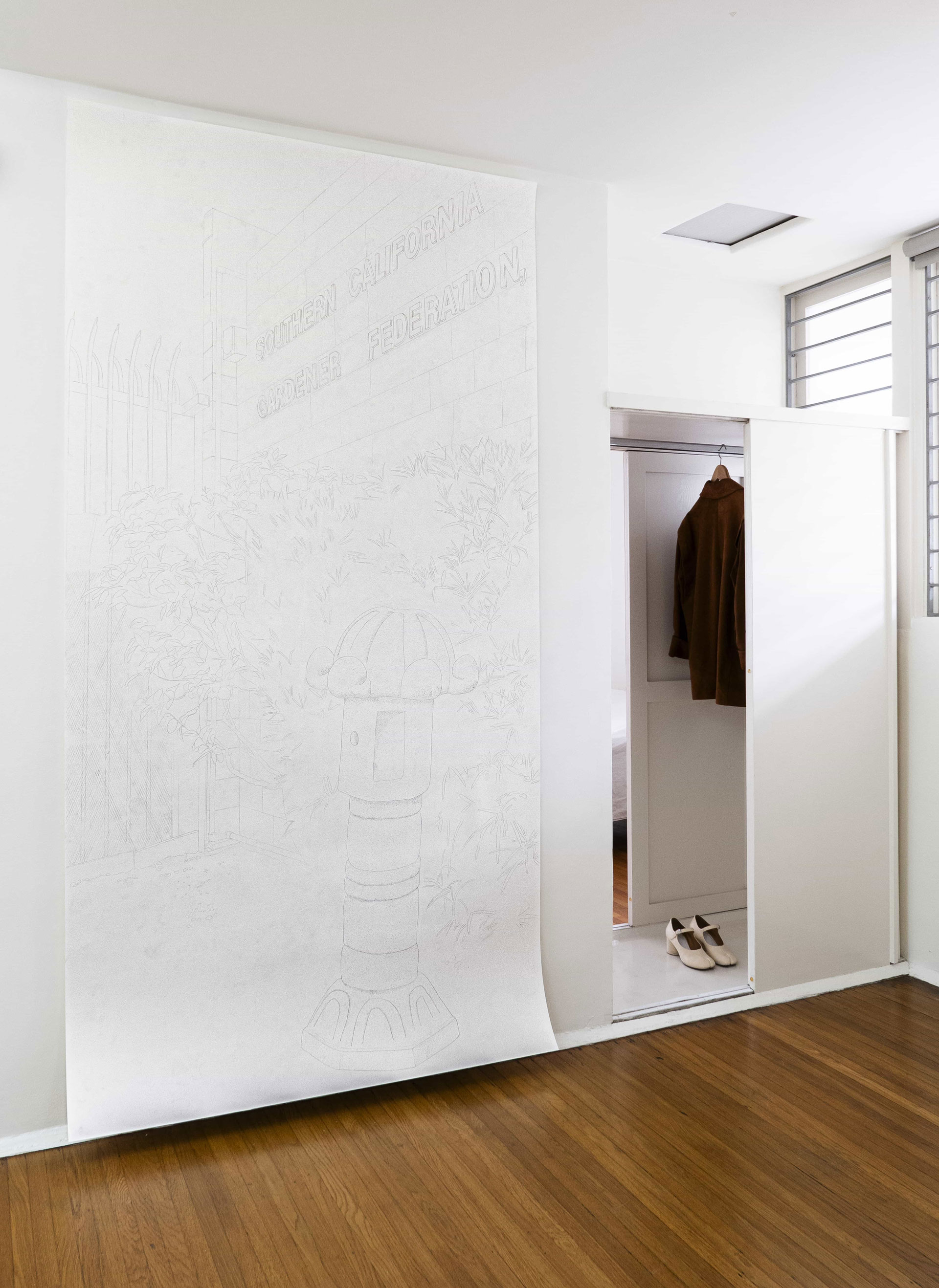
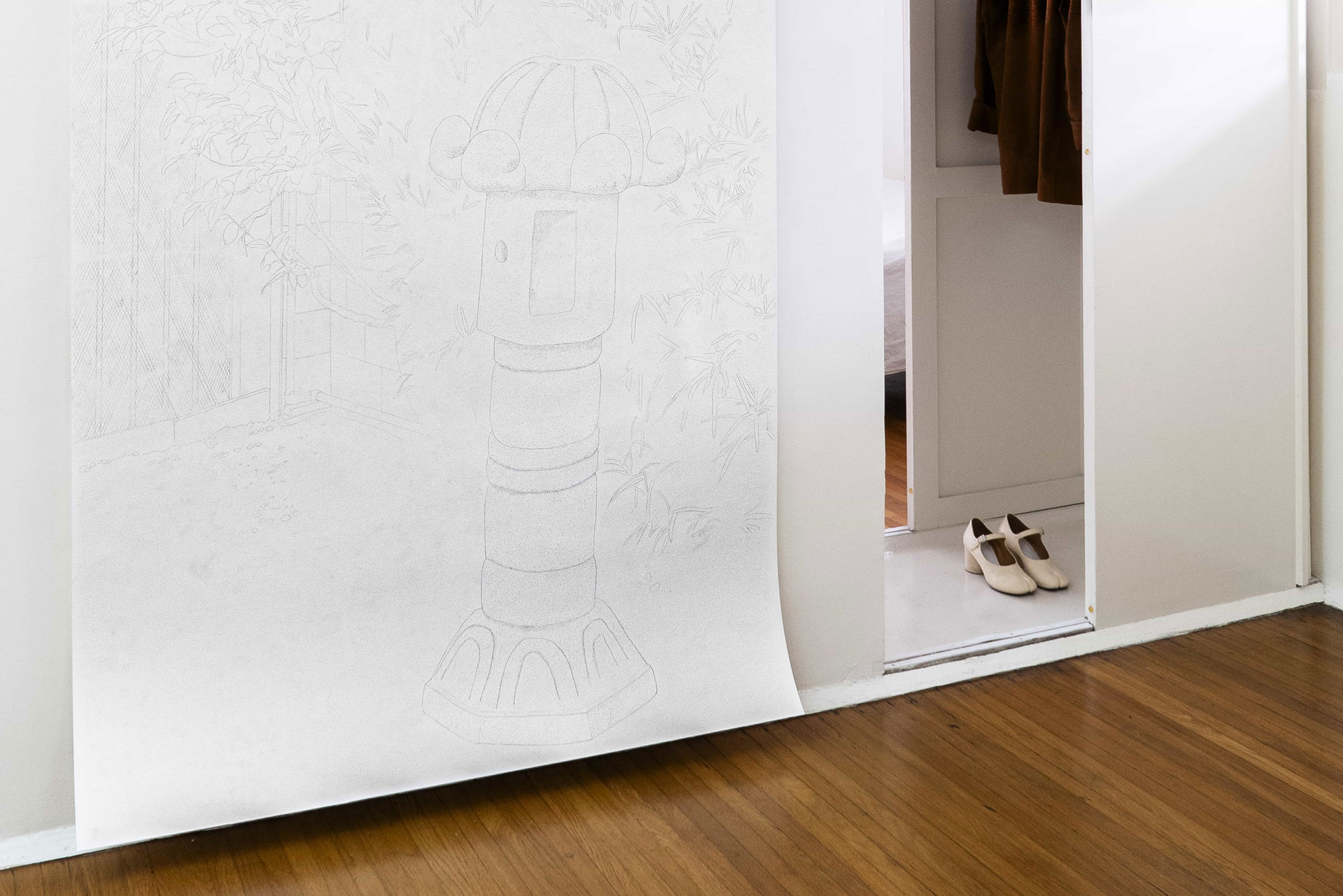
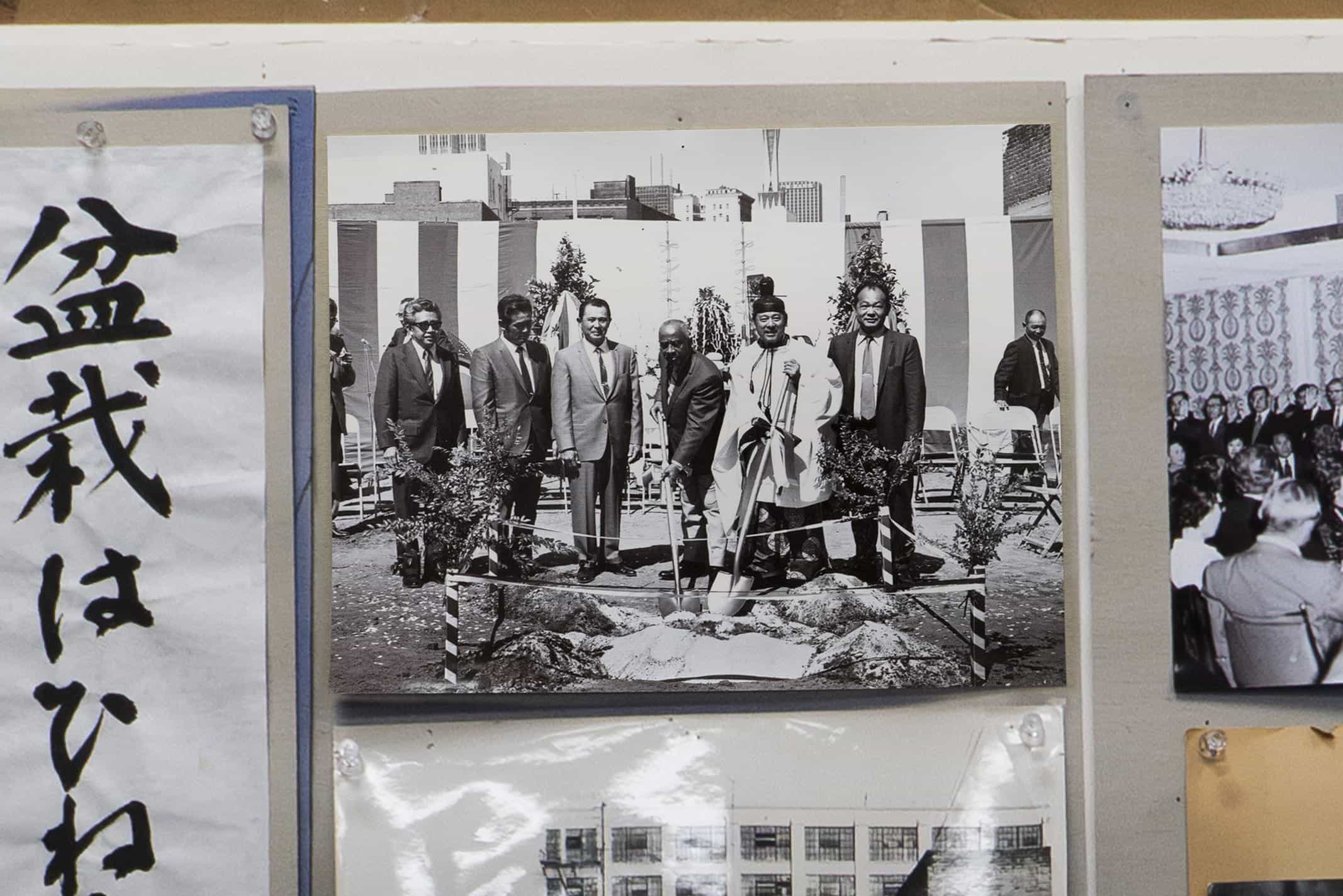
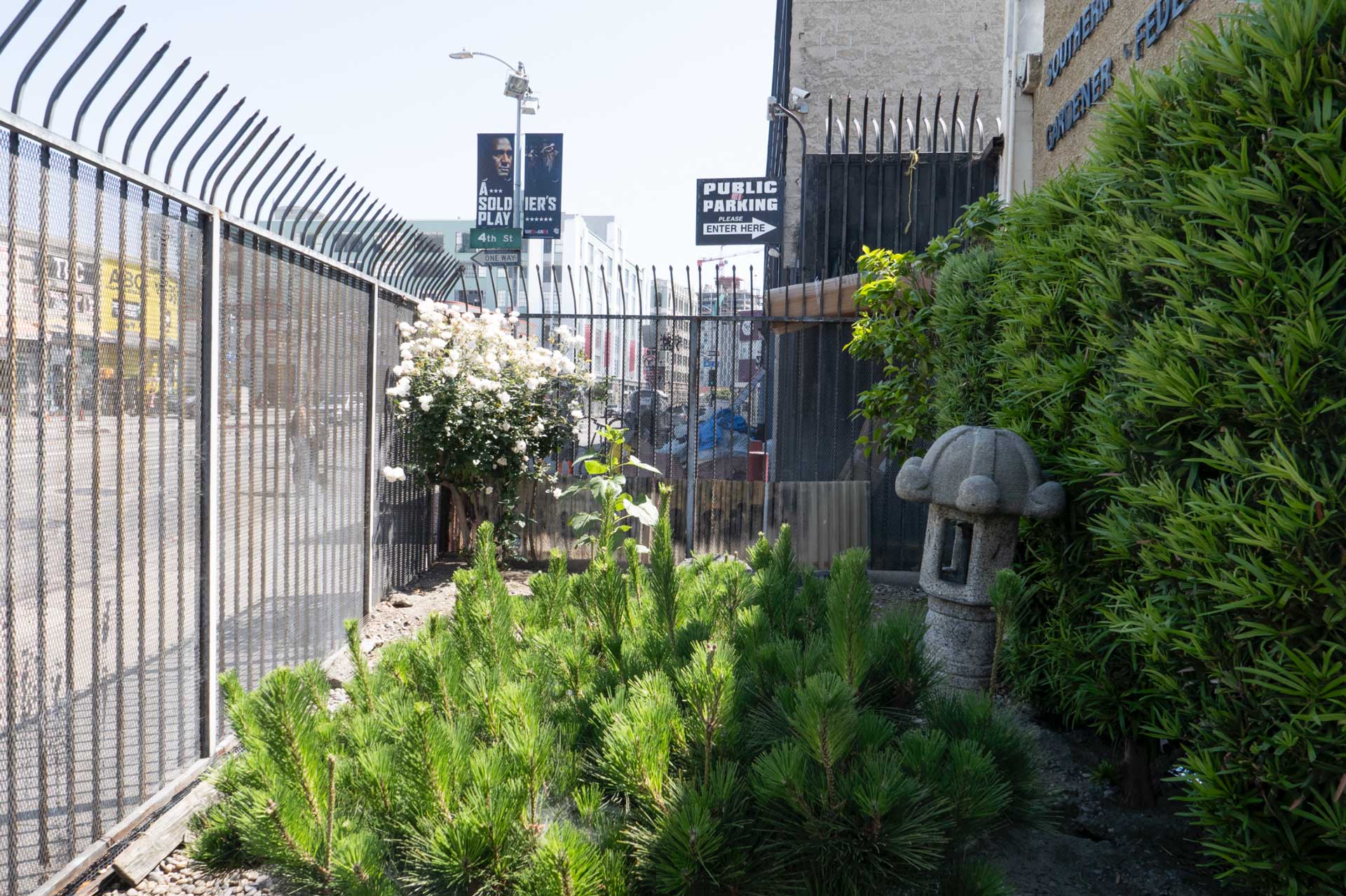
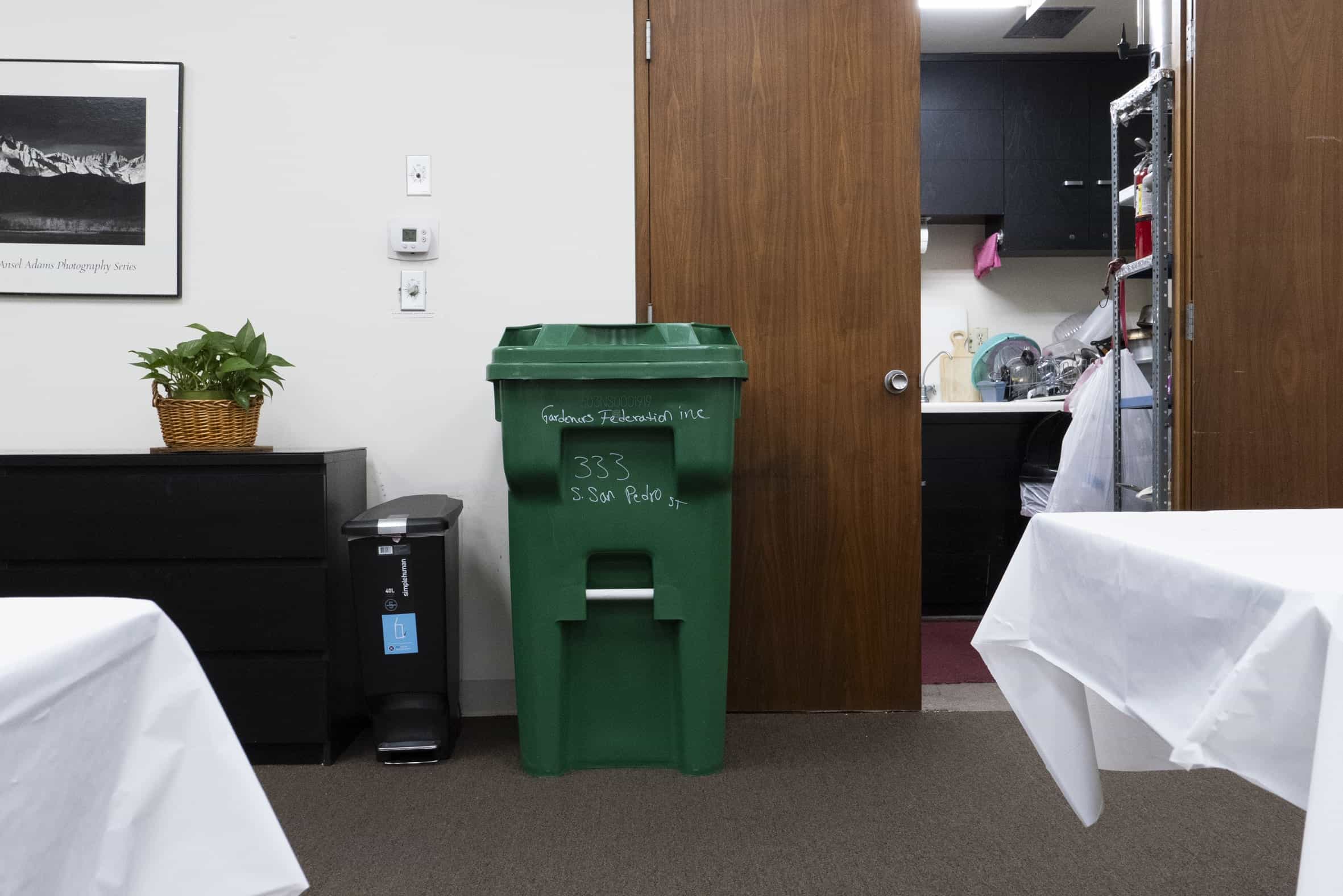
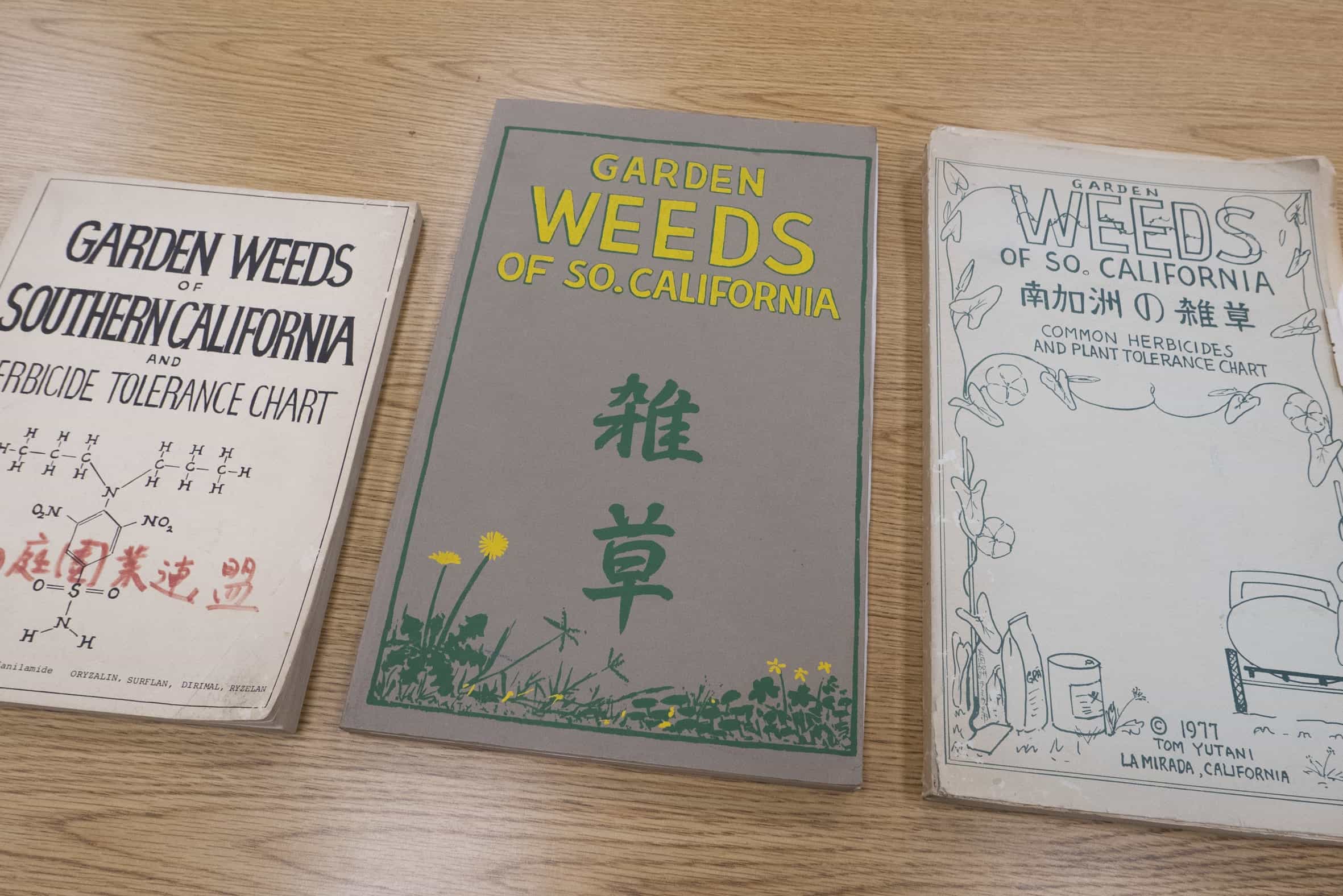
Southern California Gardeners Federation headquarters on San Pedro St. in Skid Row.
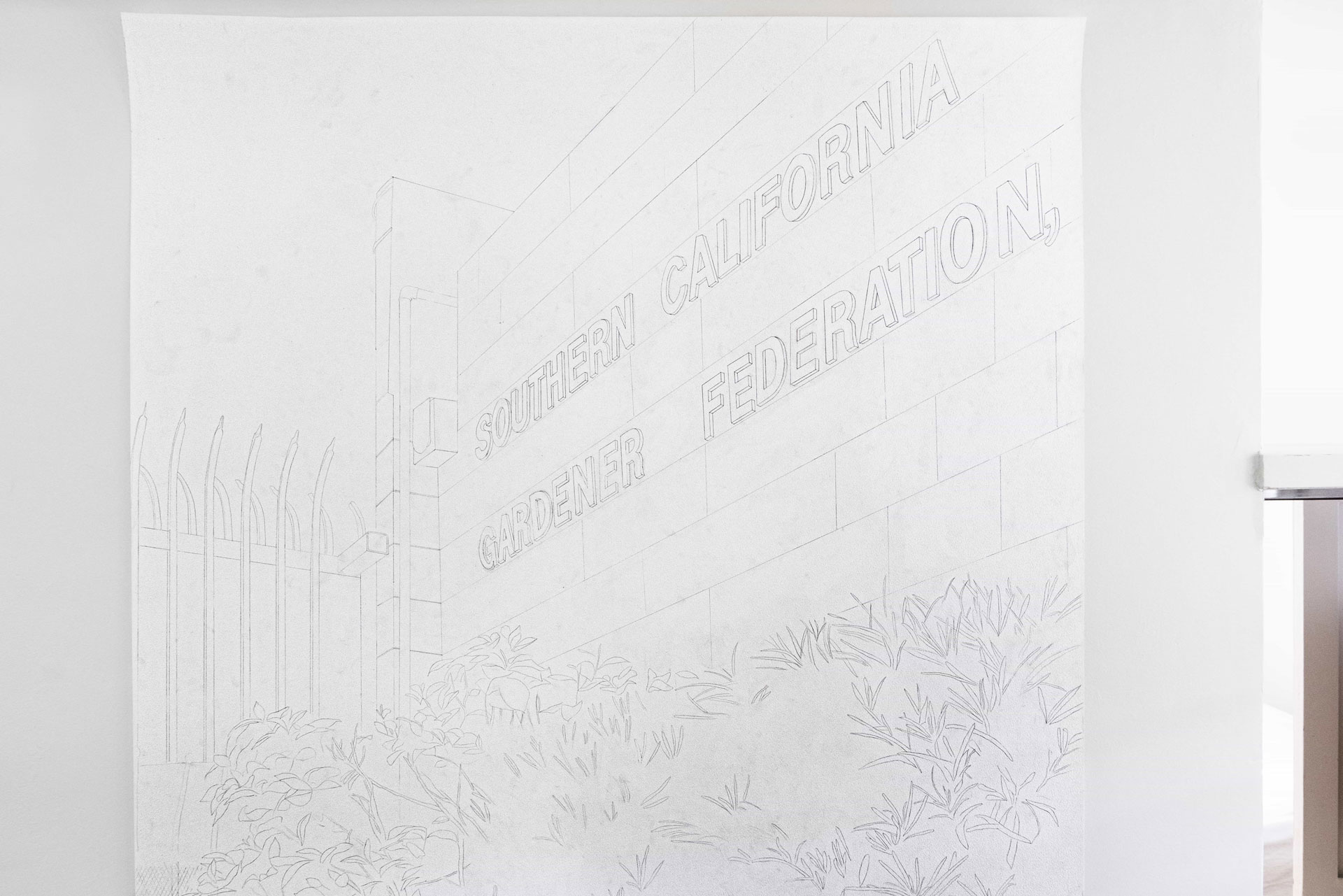
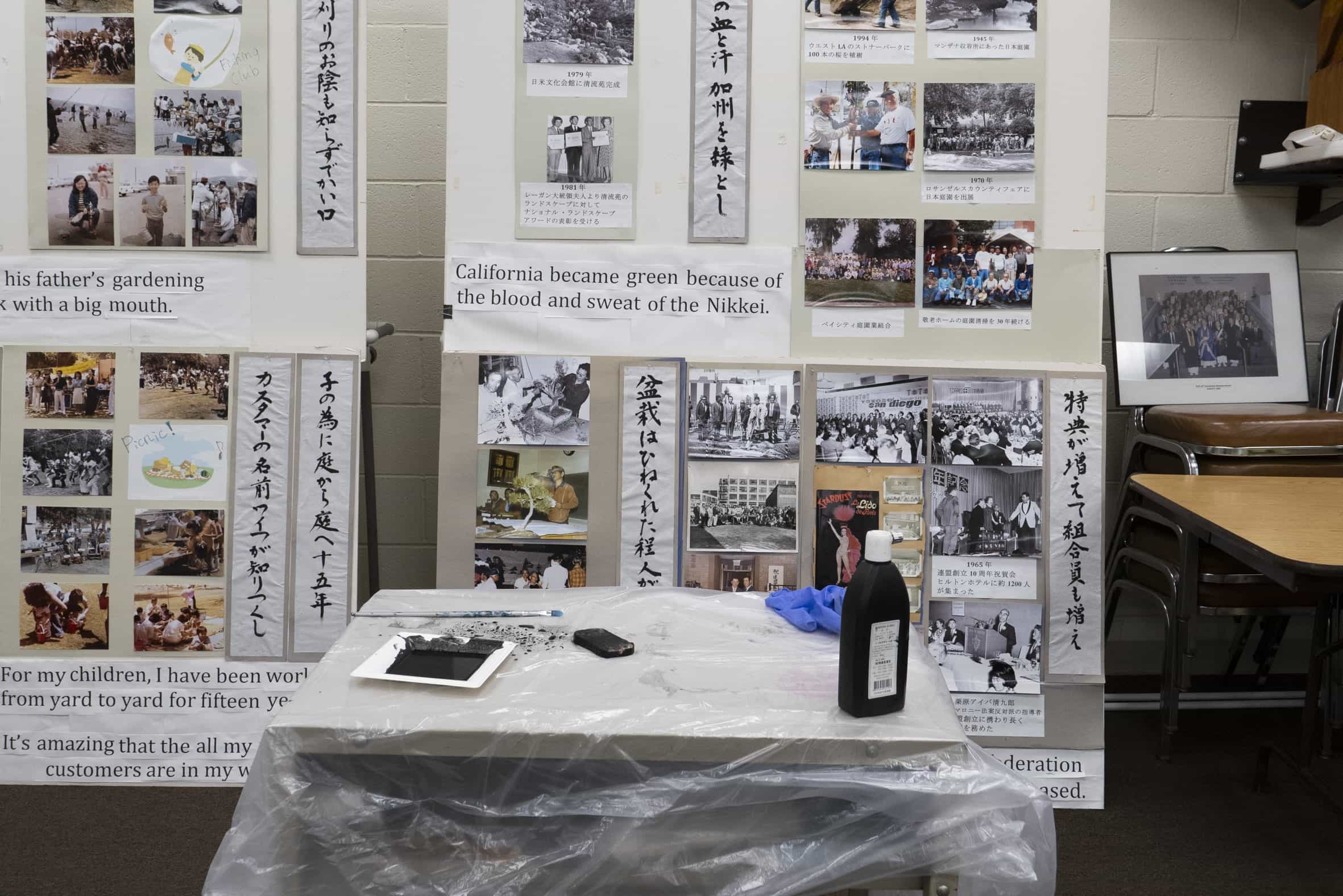
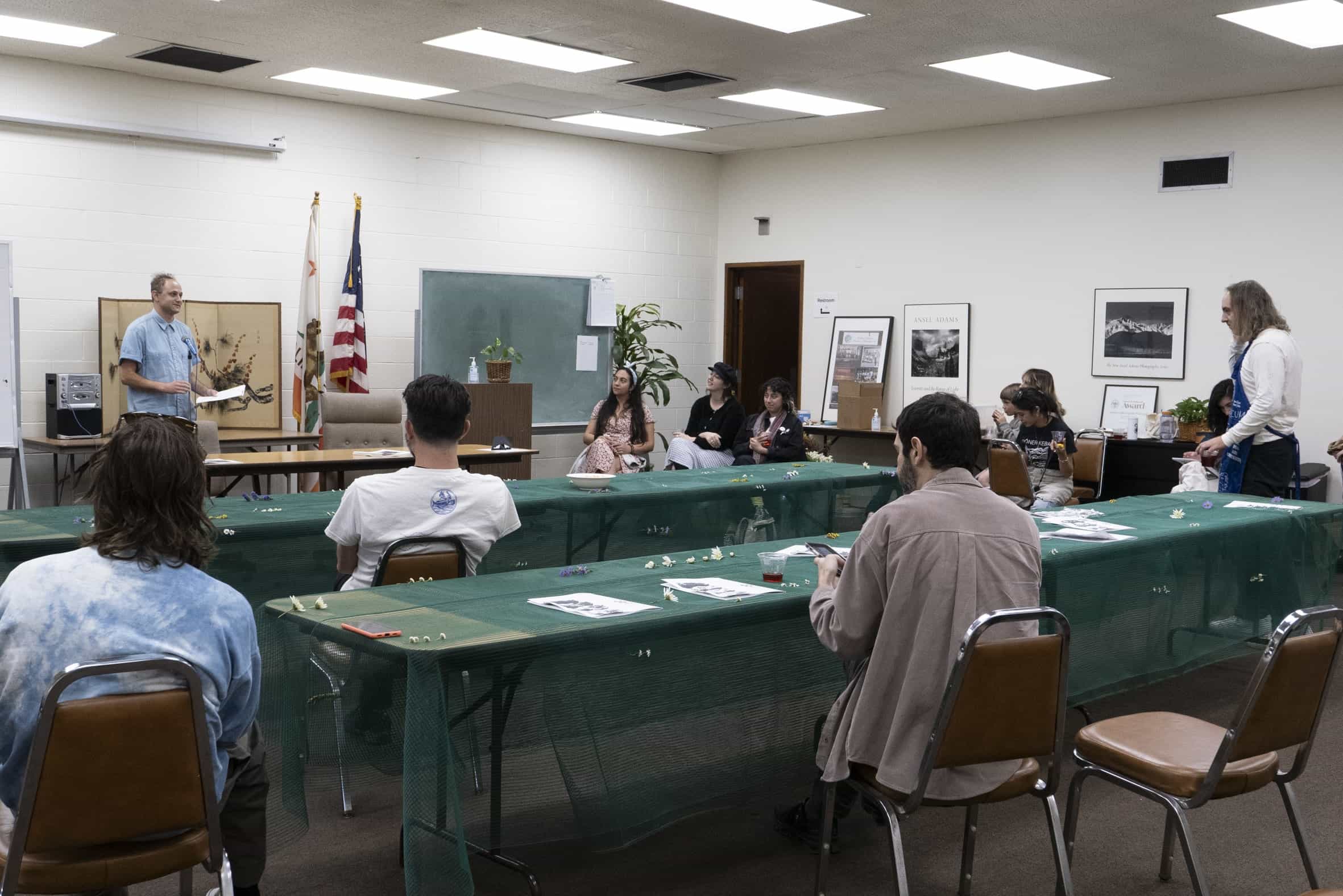
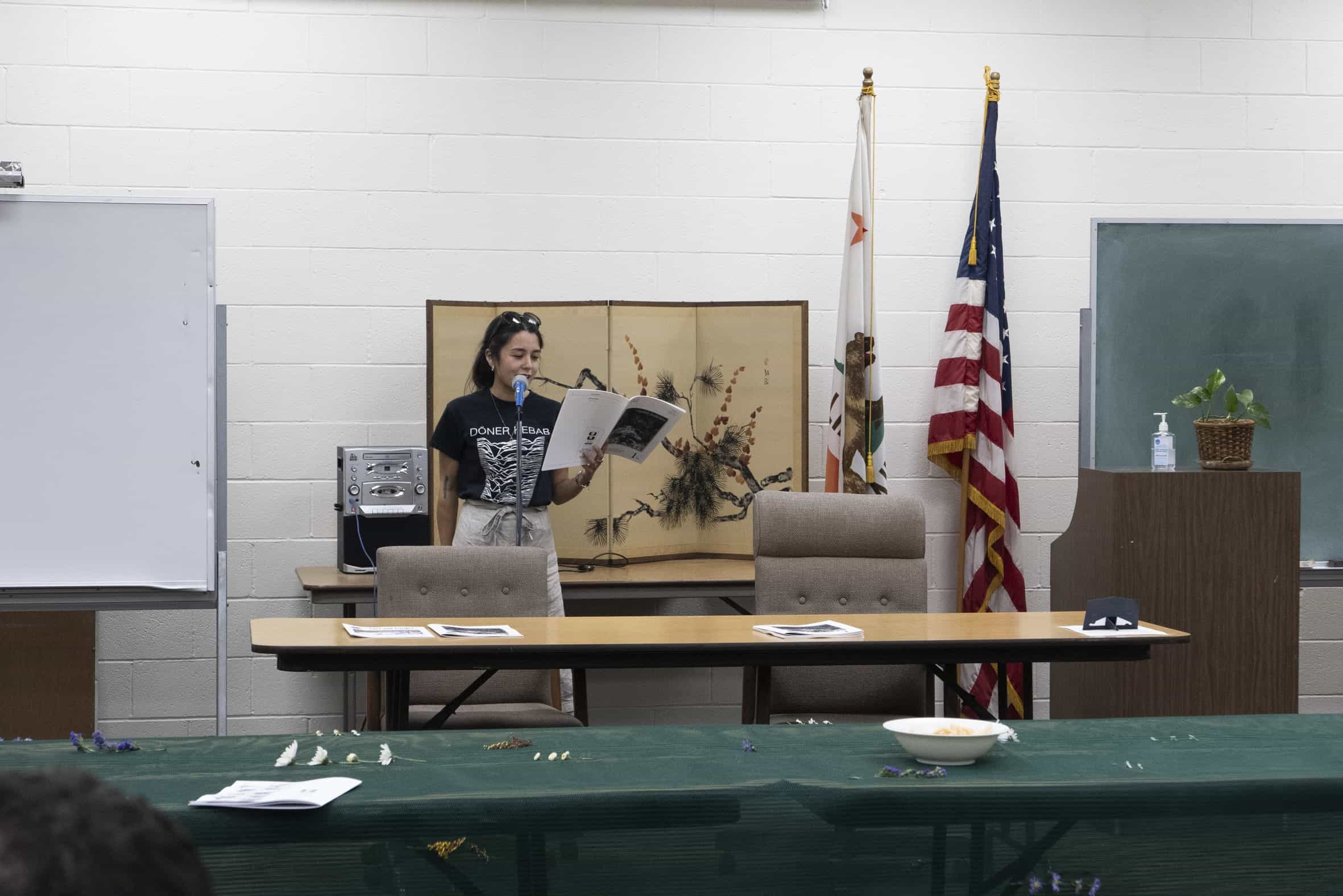
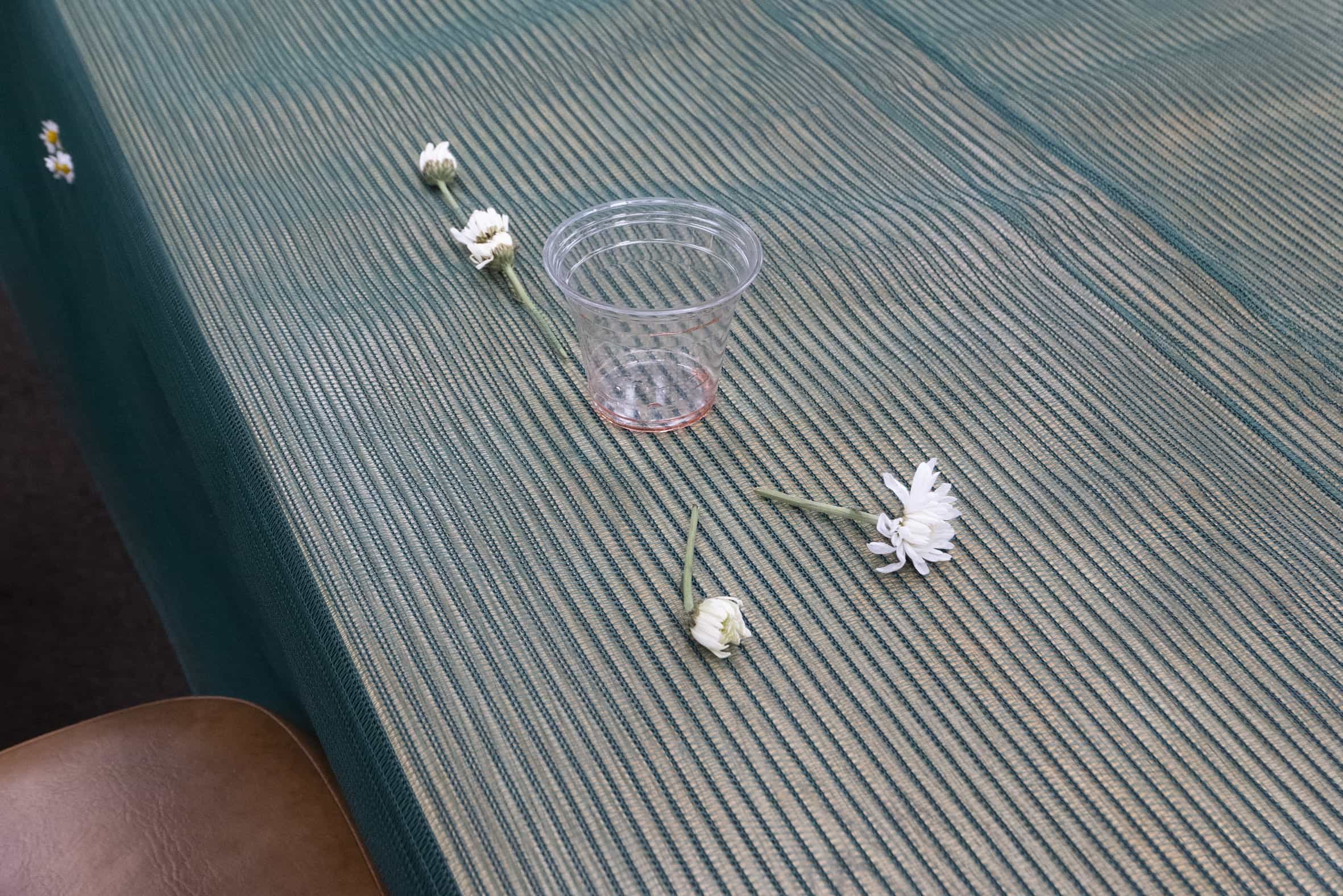
Newsletter launch event at the Southern California Gardeners Federation headquarters on December 9th, 2023.
Co-hosted with Language Garden (Corina Copp, Sophia Le Fraga, and Joseph Mosconi) and David Horvitz.
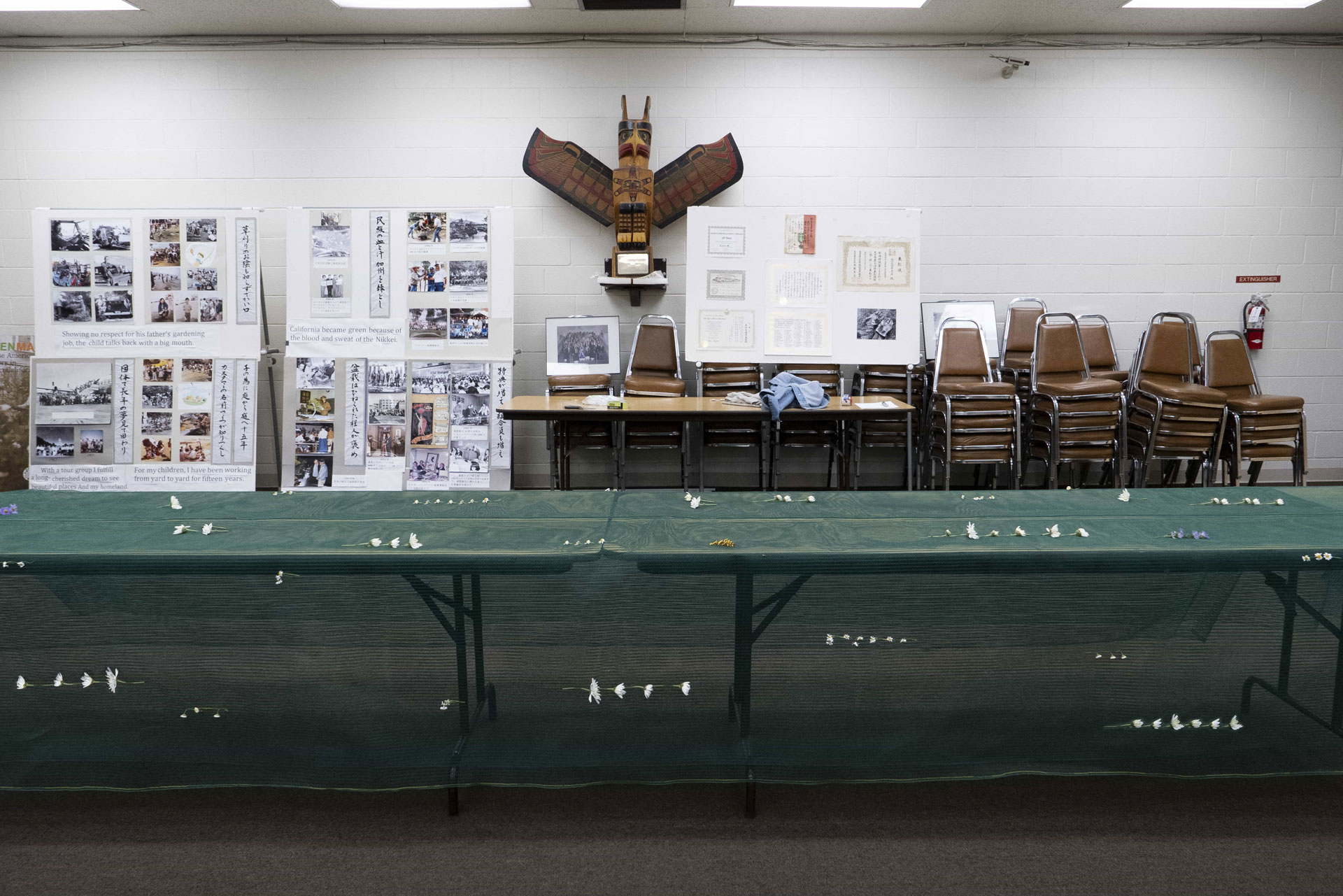
Table cloth with gardening net and flowers from LA’s Flower Market on San Pedro St.
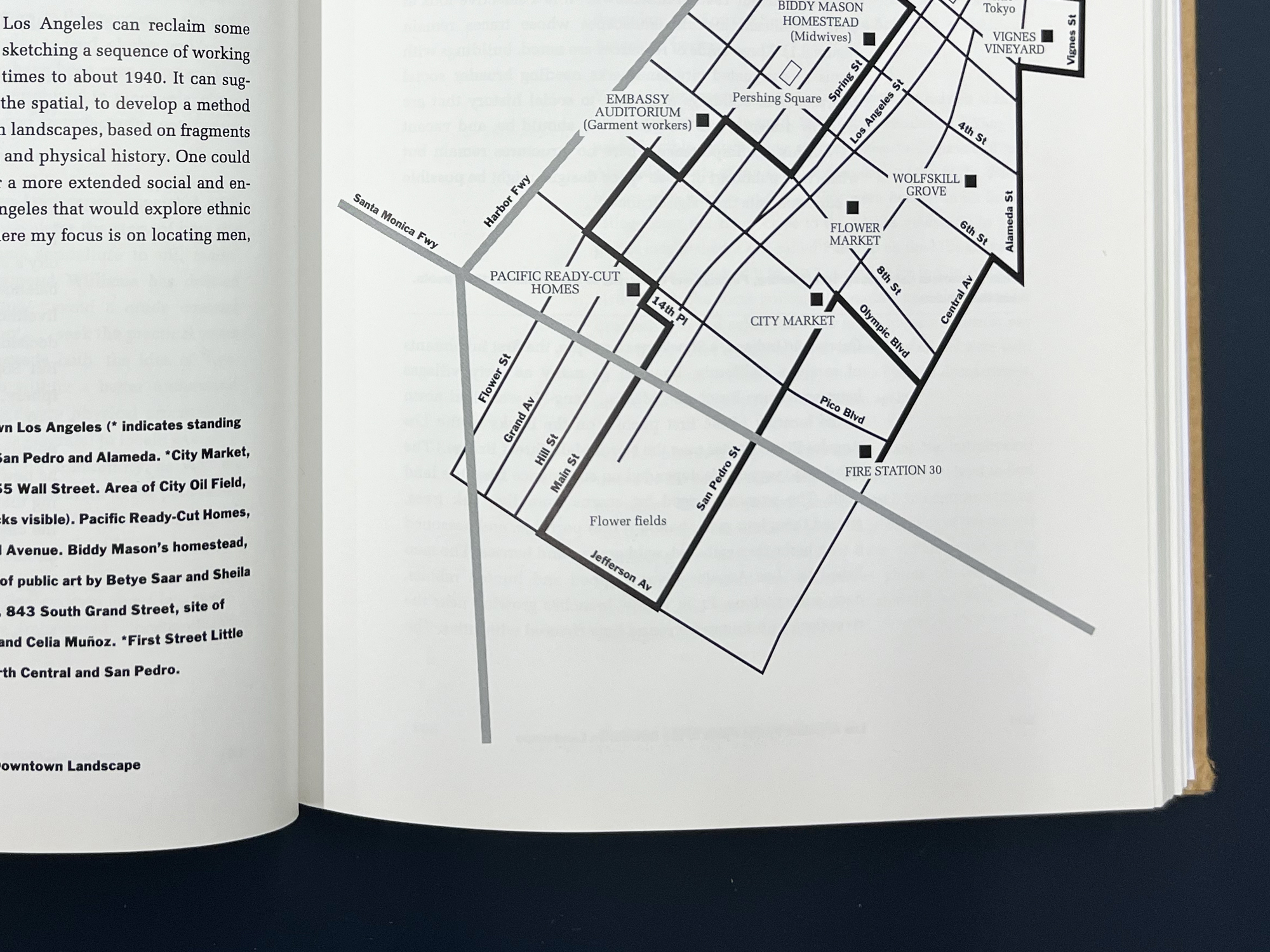
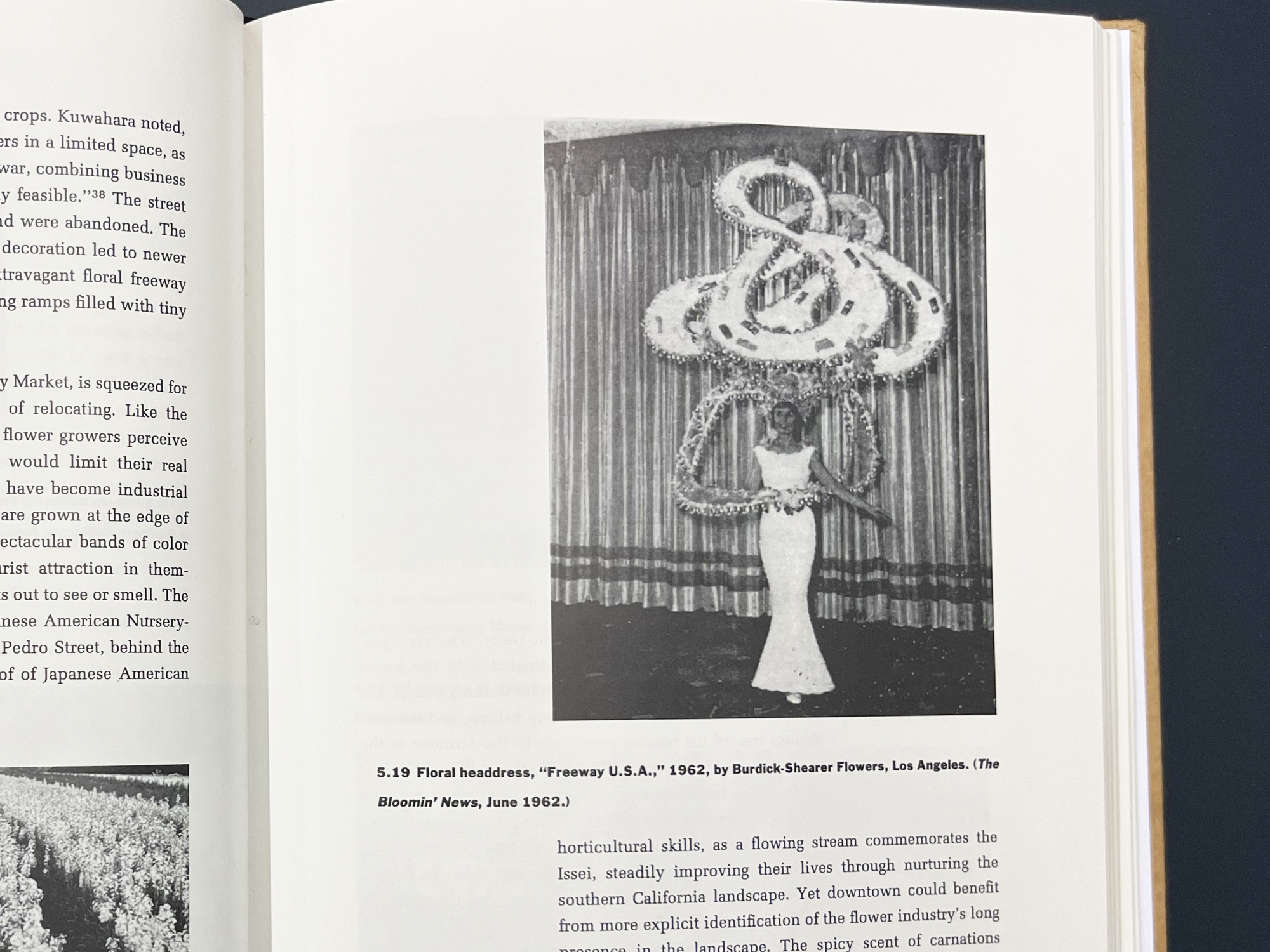
Excerpts from Dolores Hayden's "The Power of Place: Urban Landscape as Public History." Map showing flower fields on St. Pedro Street and illustration of flower decorations.
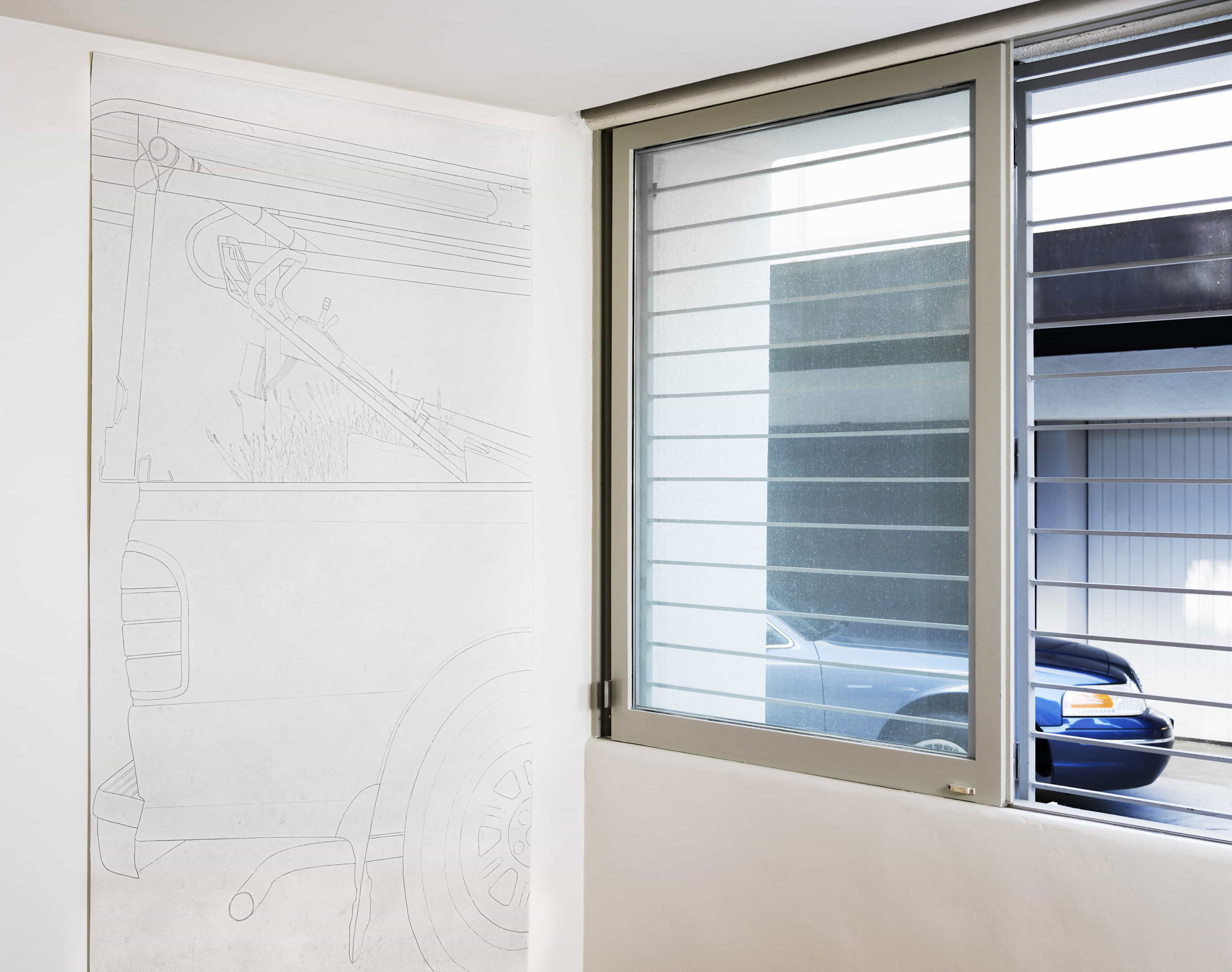
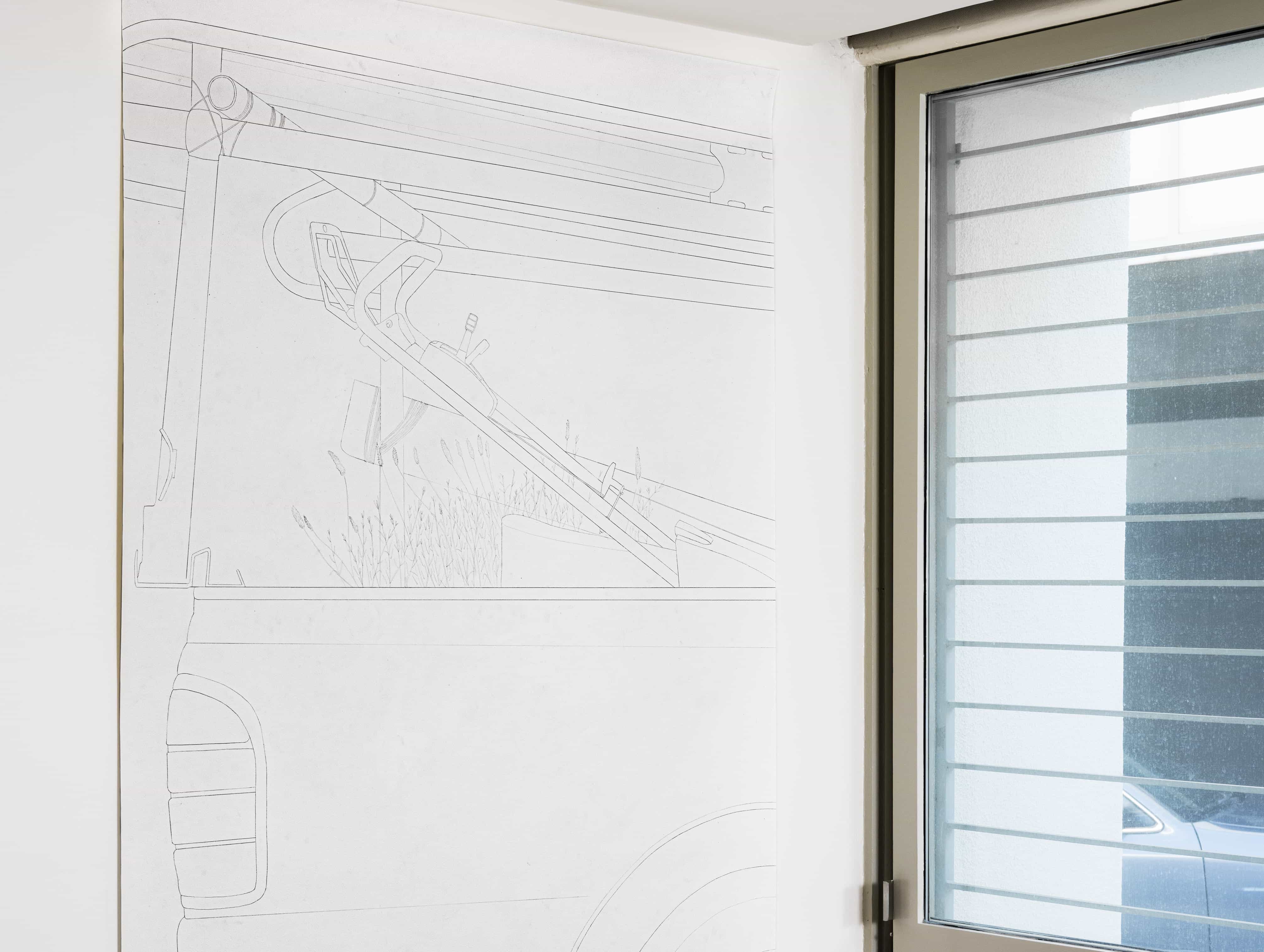
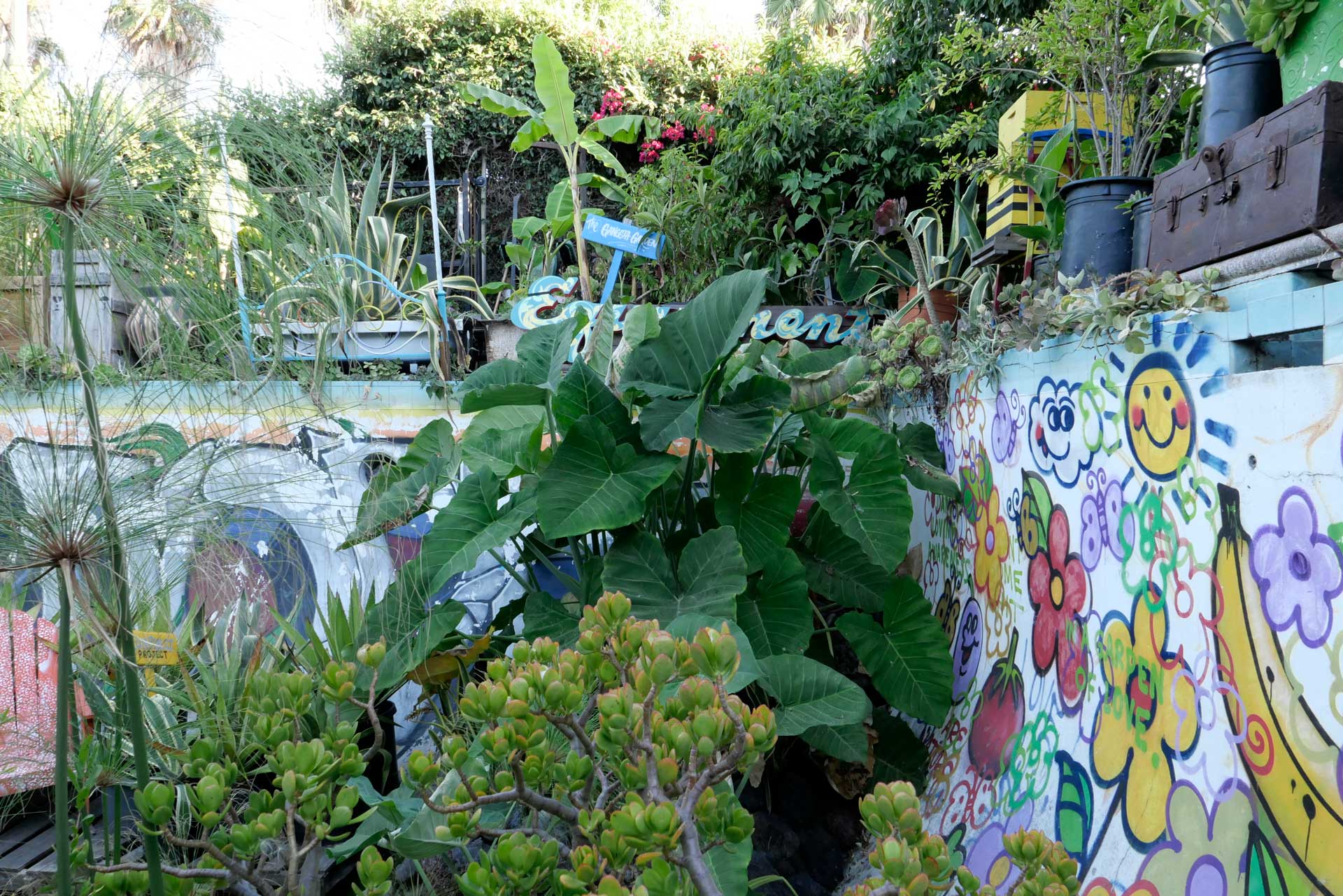
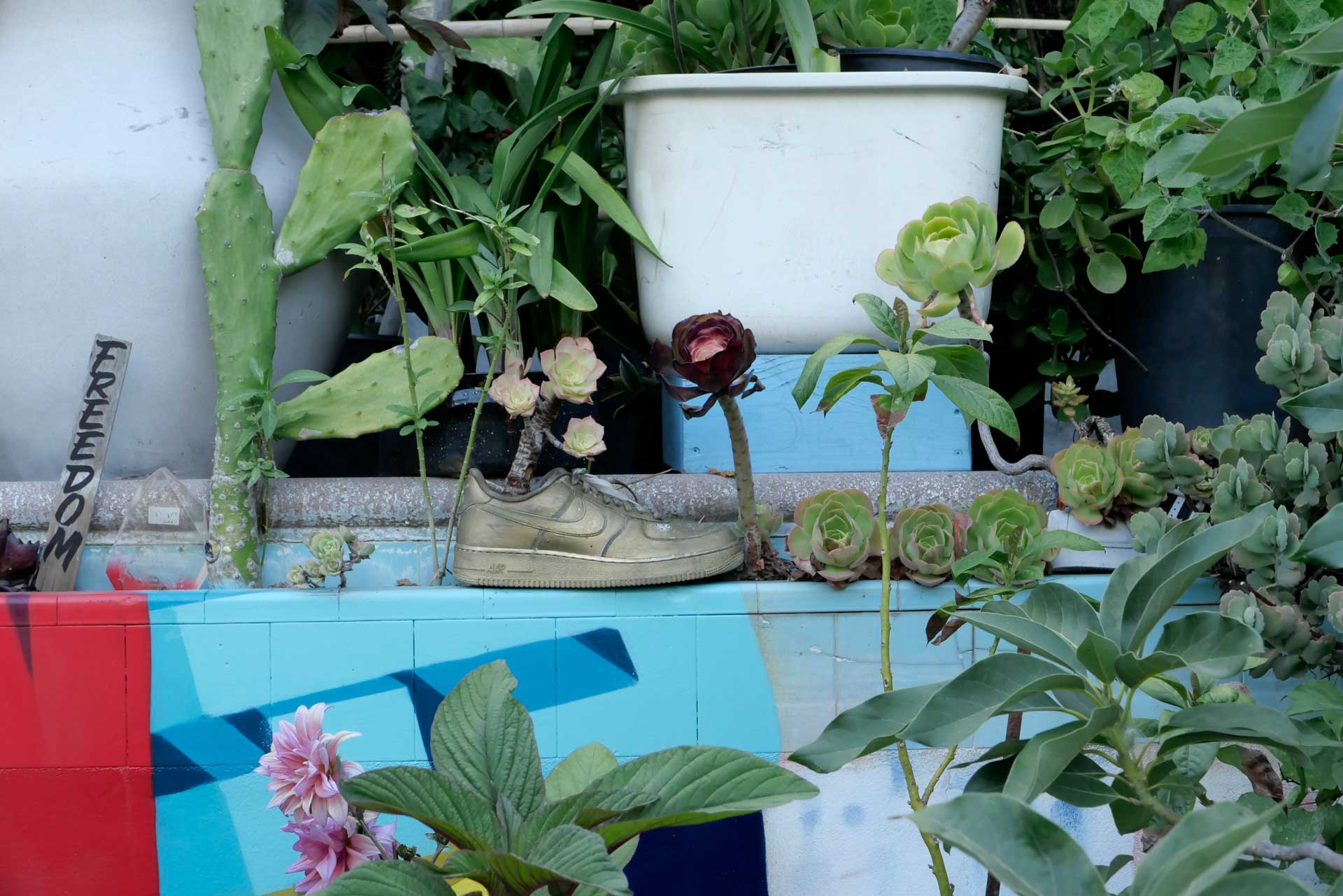
Ron Finley’s pool garden in South Central.
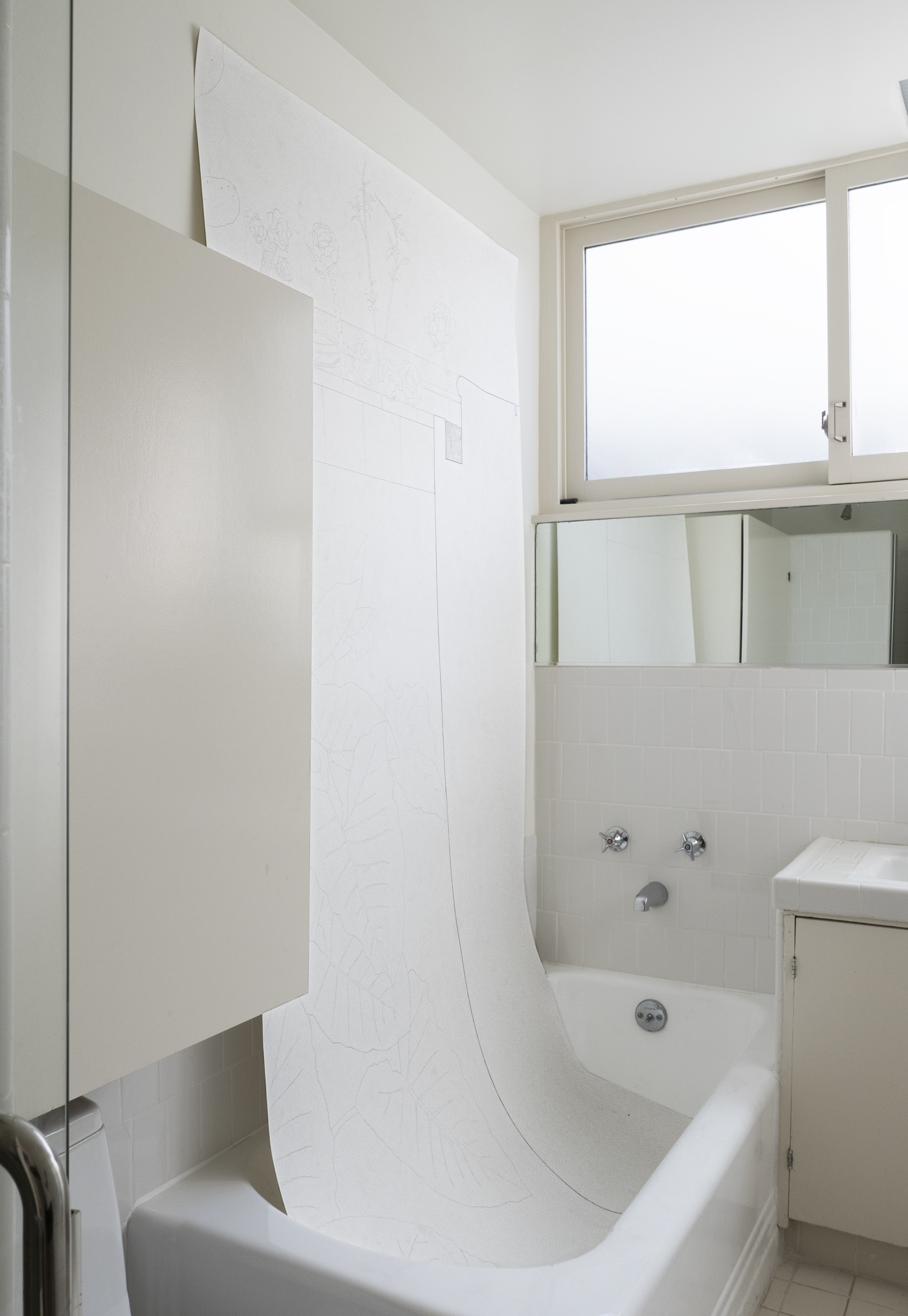
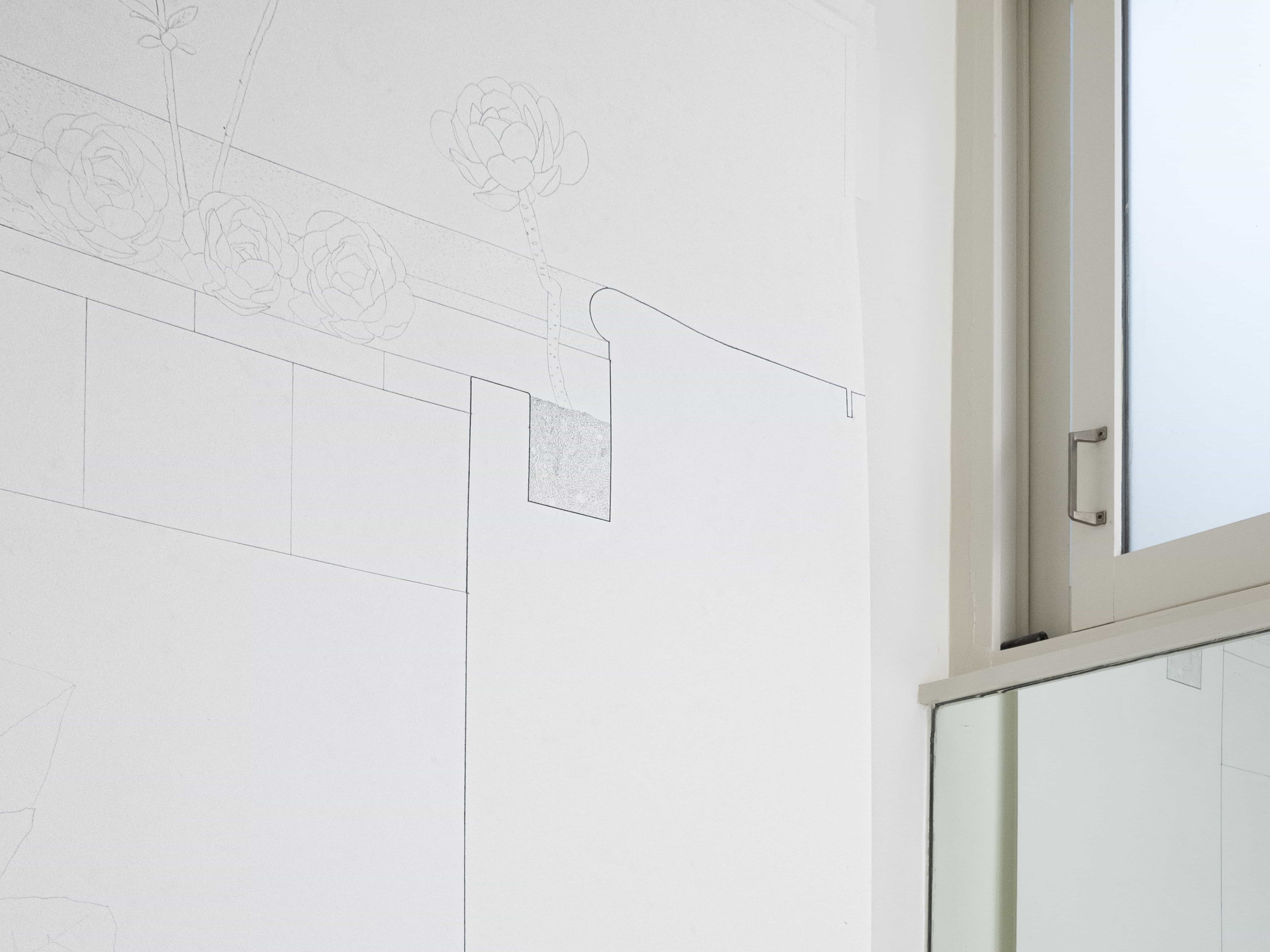
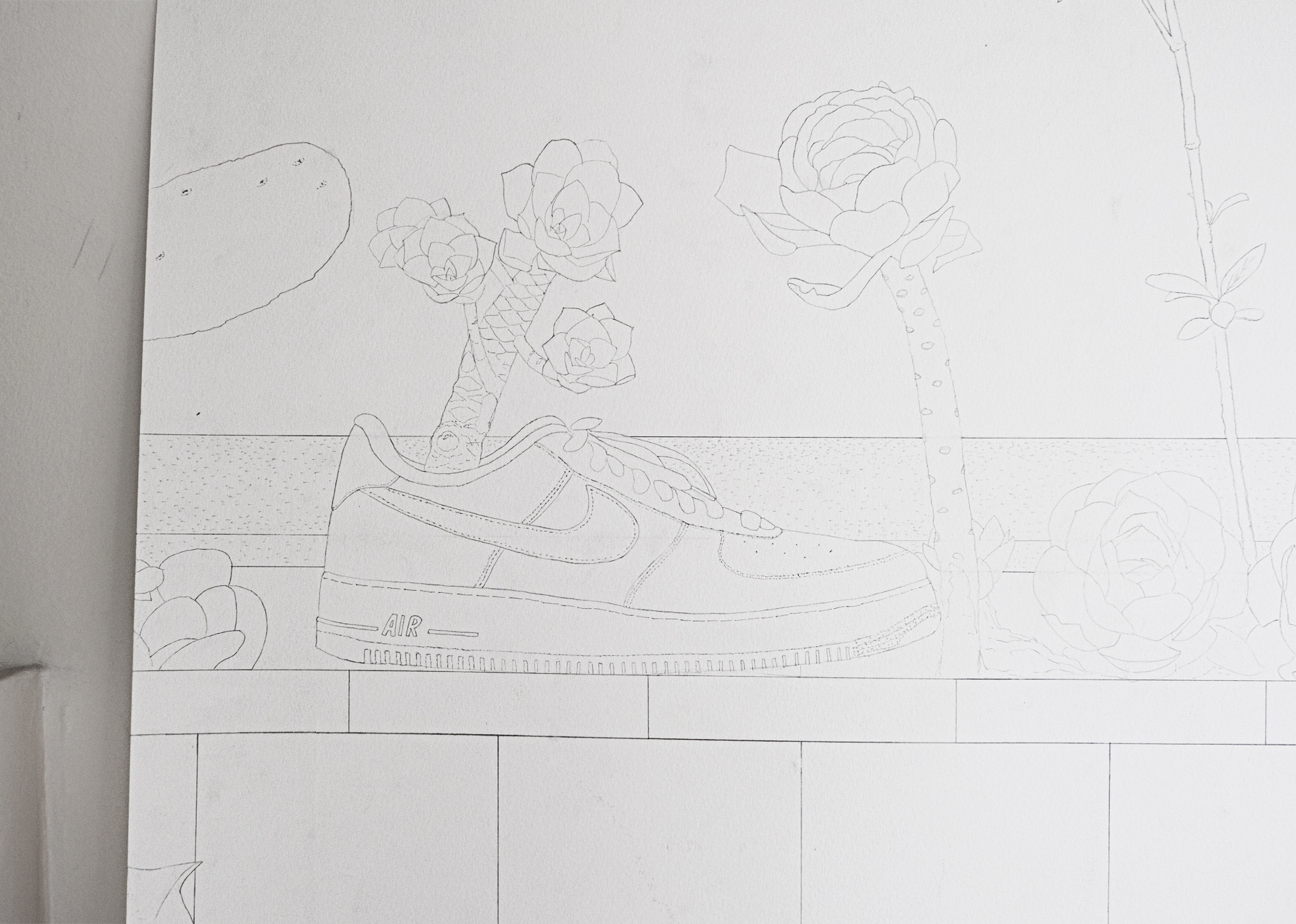
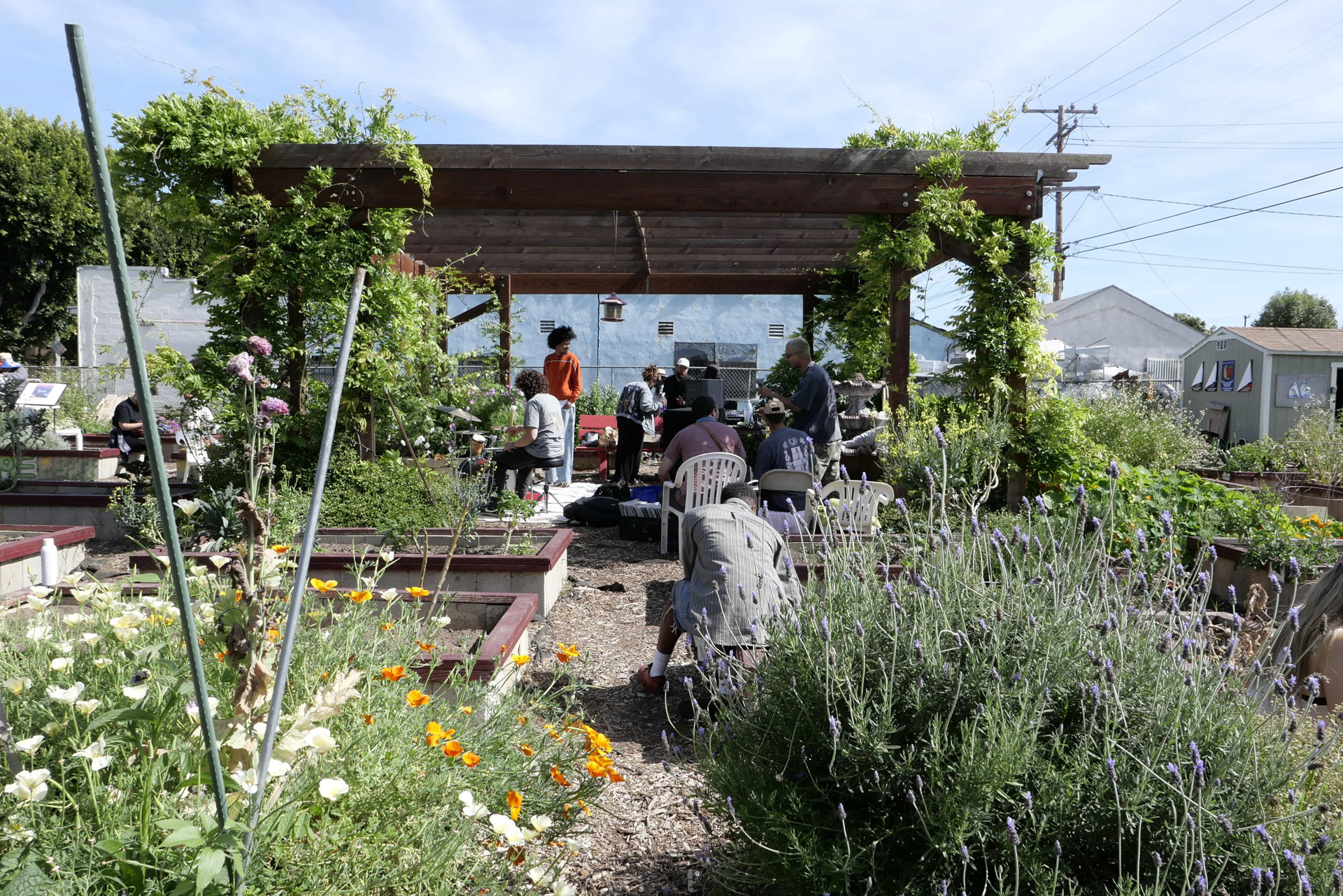
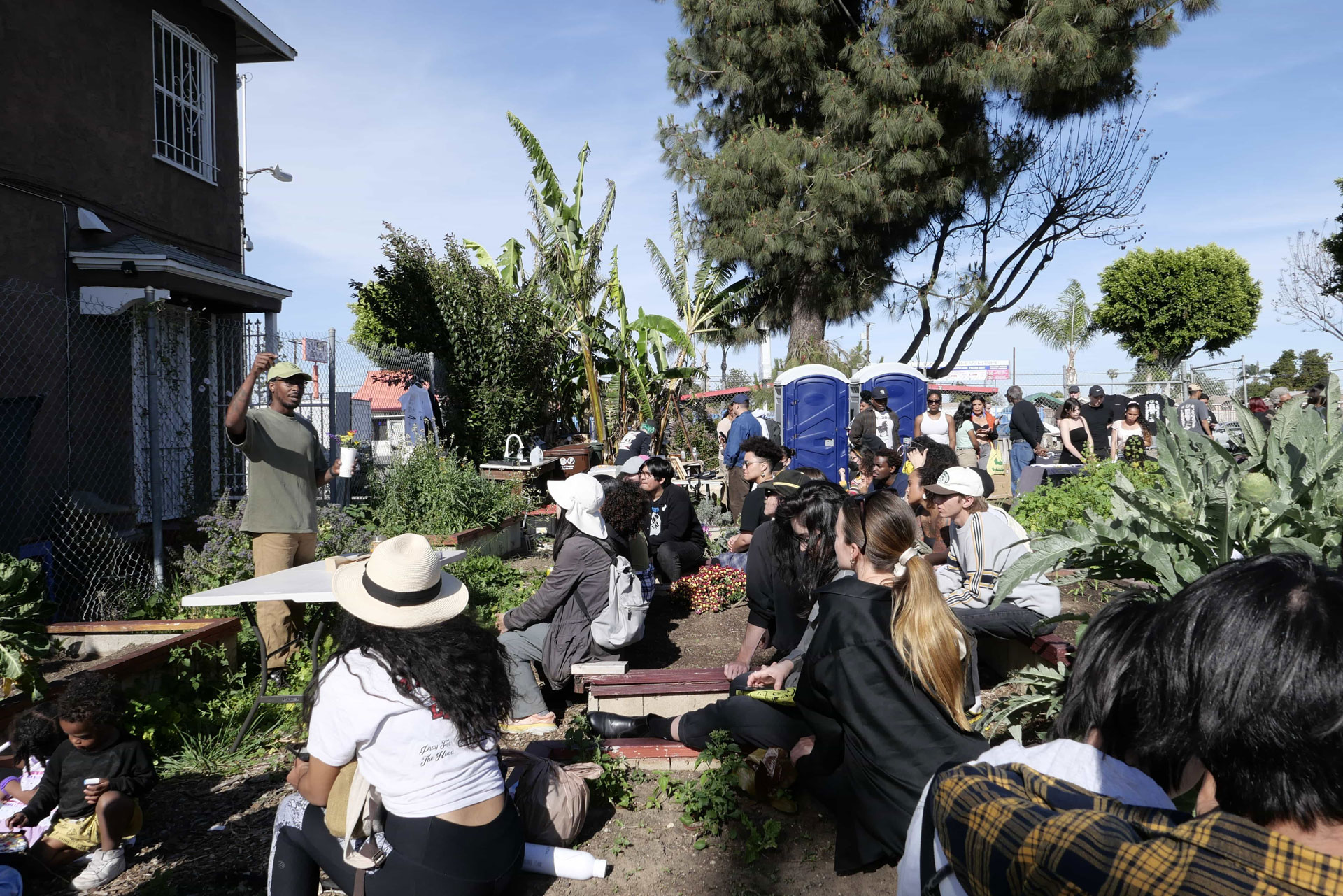
Compton Community Garden. Right: workshop on medicinal properties of plants by Stephen Reid.
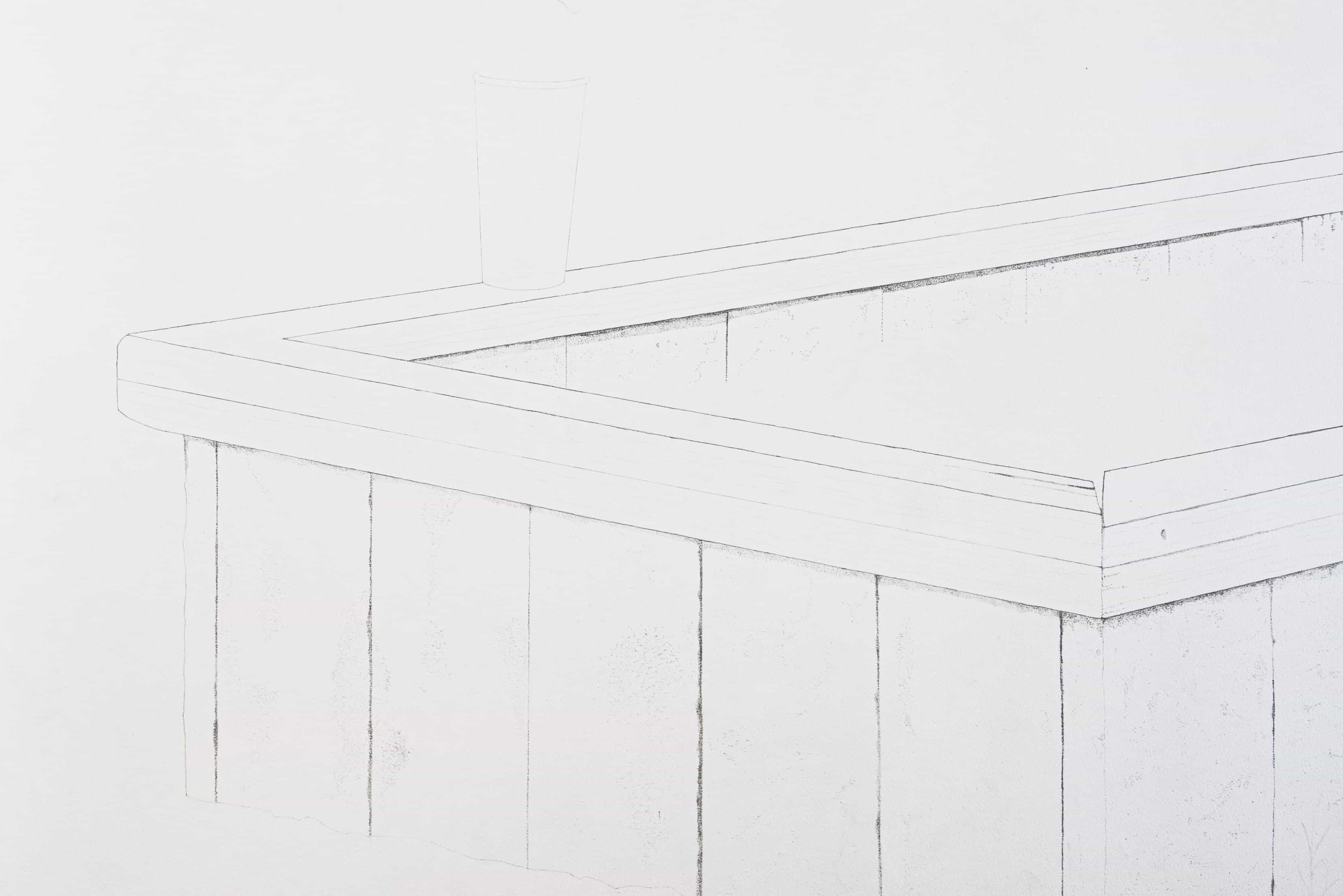
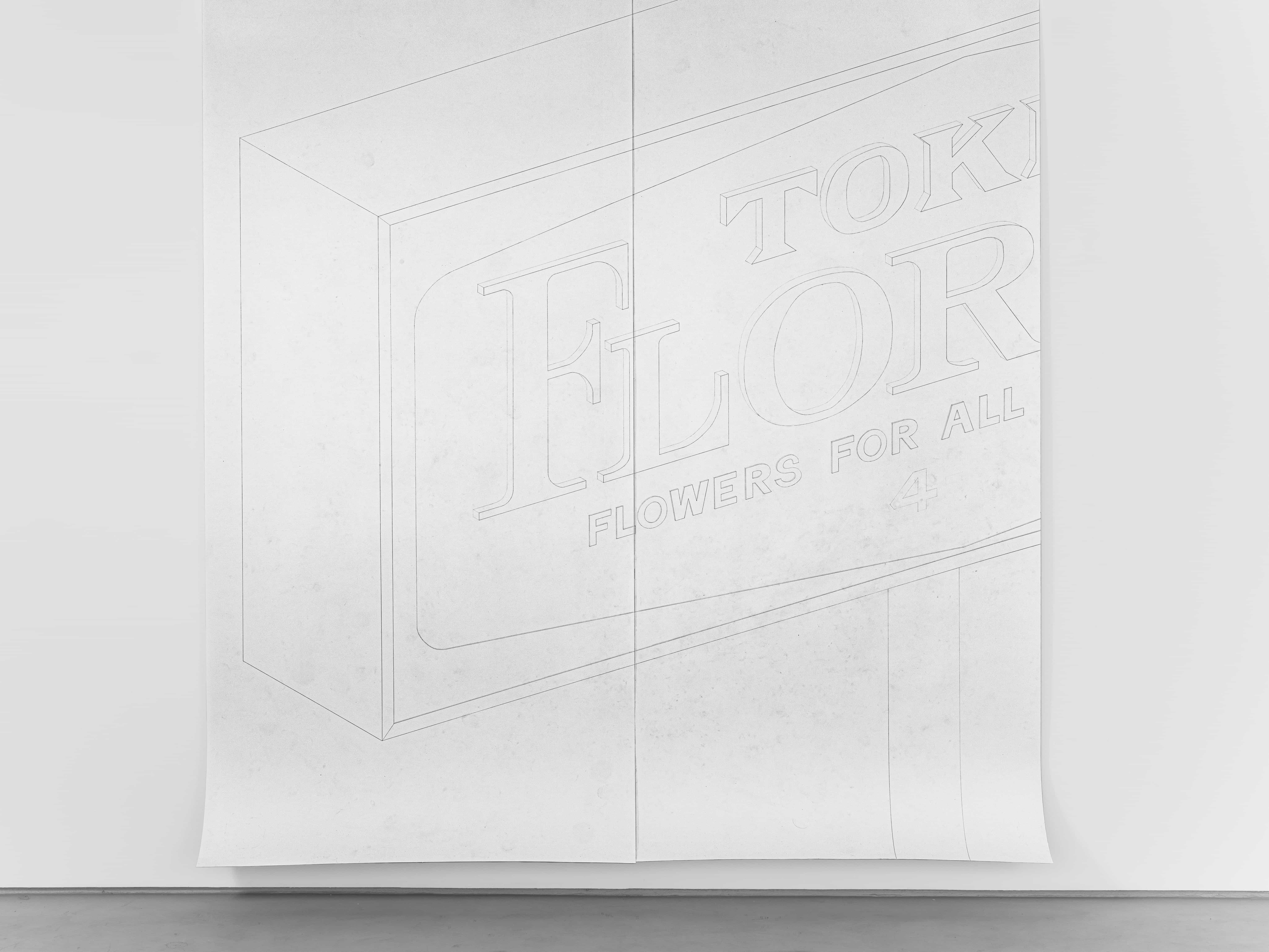
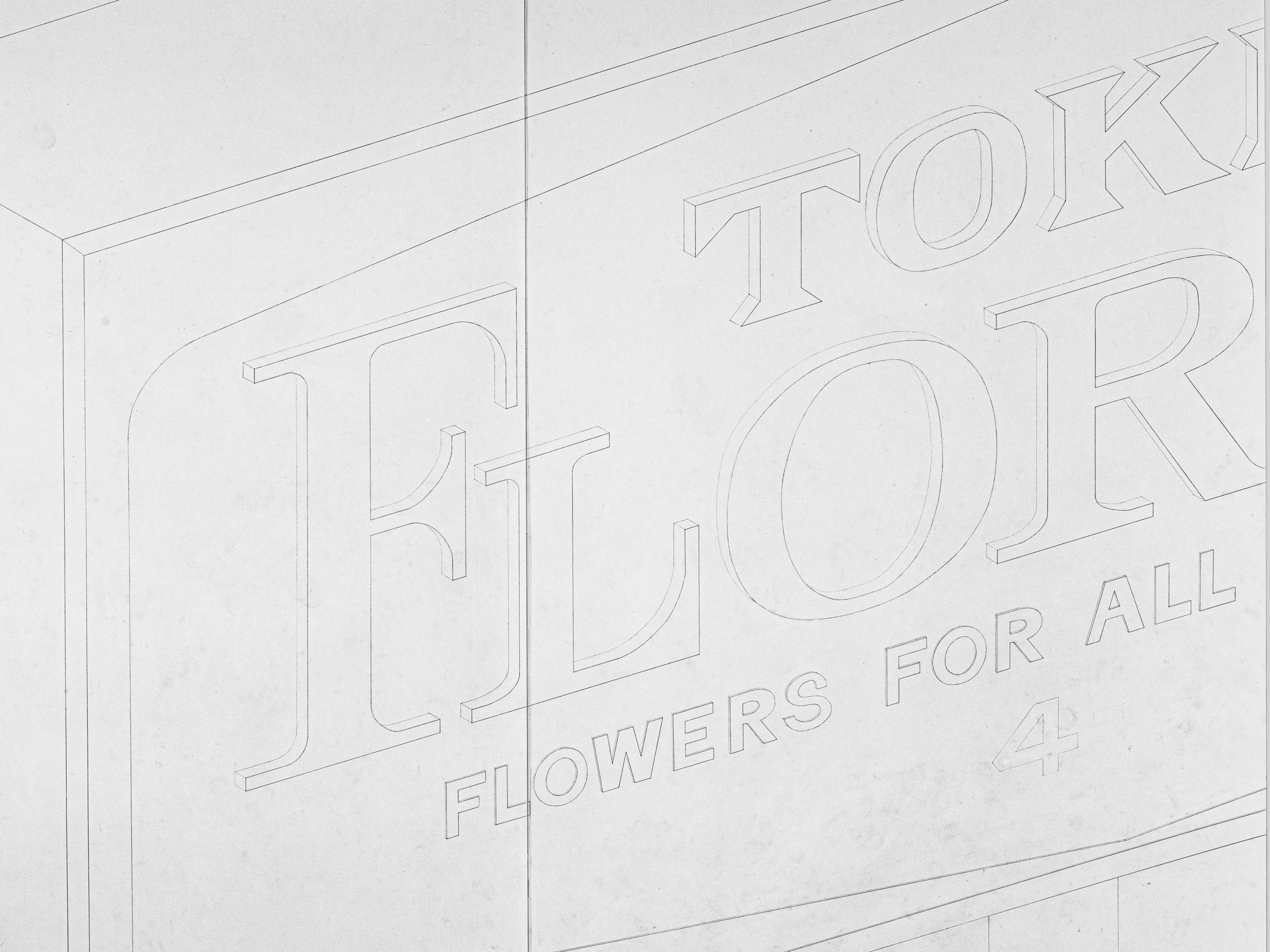
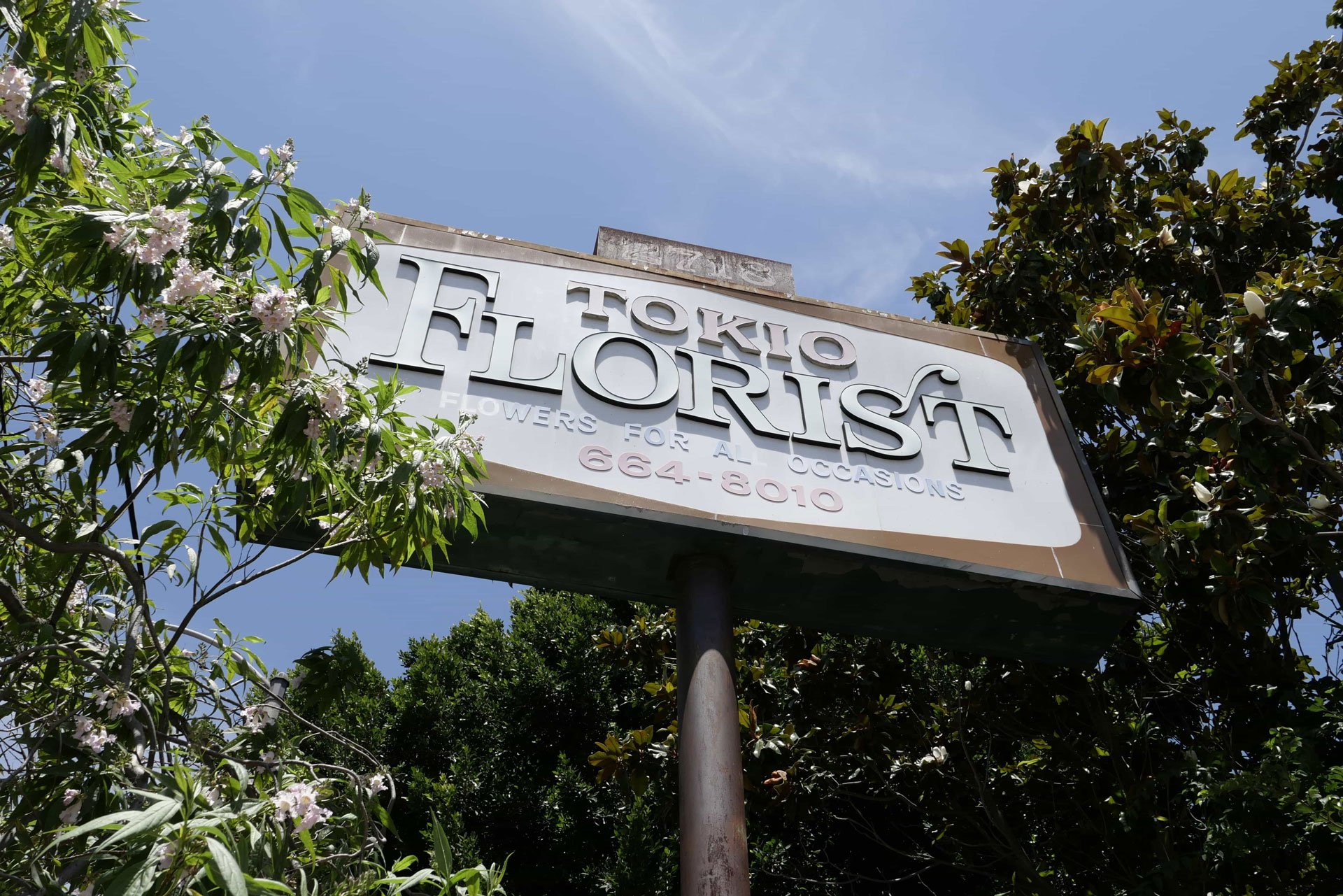
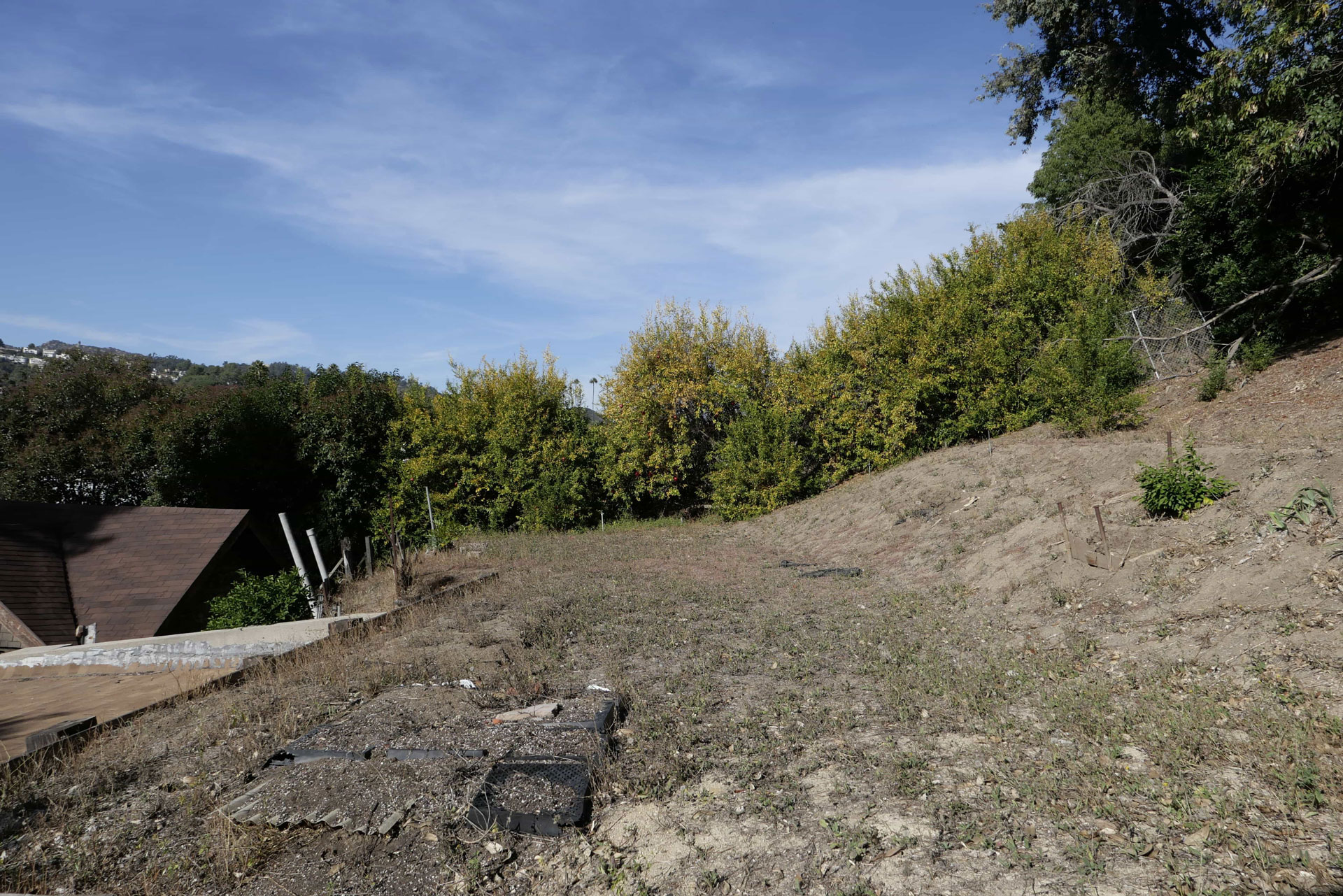
Tokio Florist in Silverlake: shop sign and former flower field on the rear of the house.
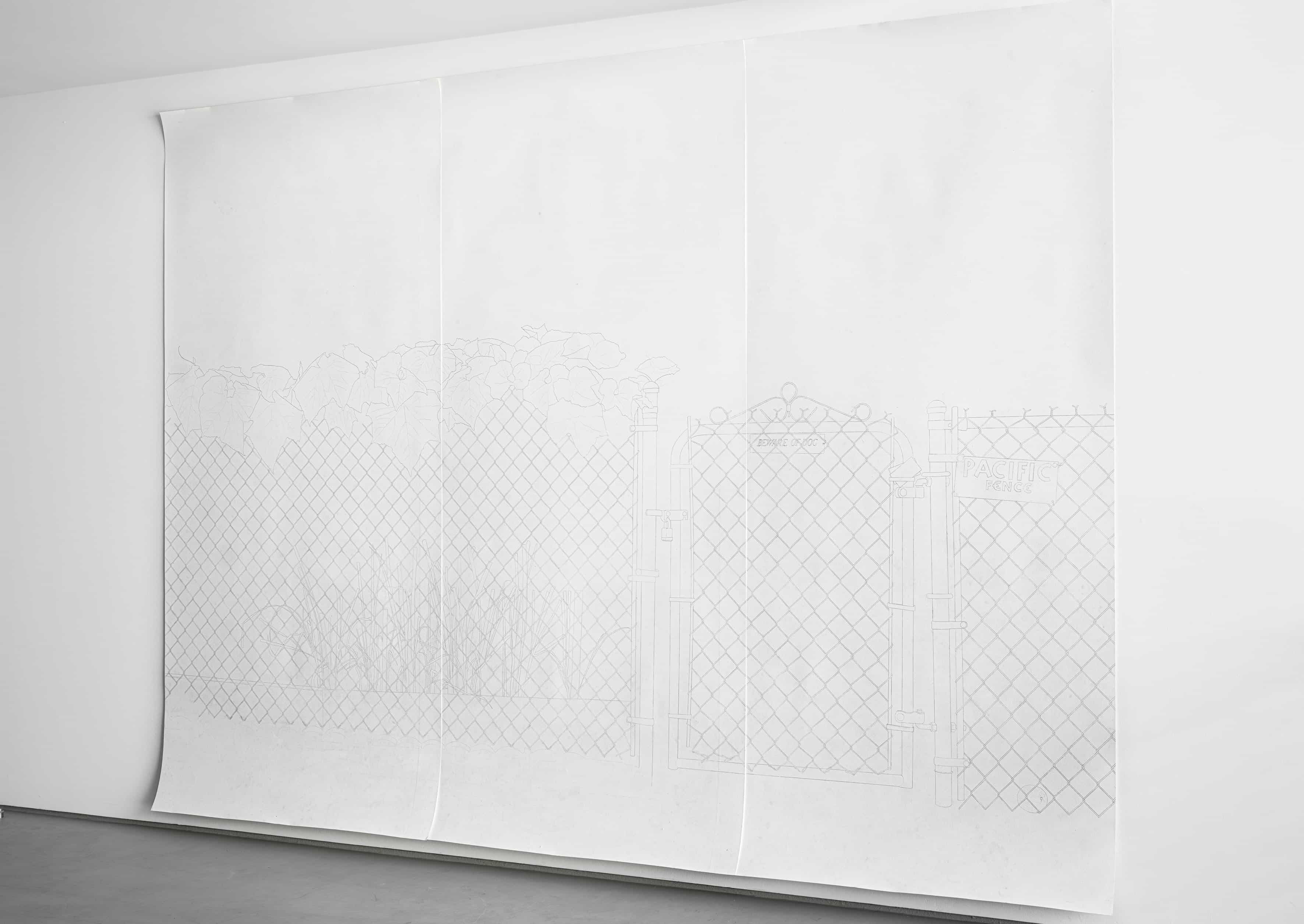
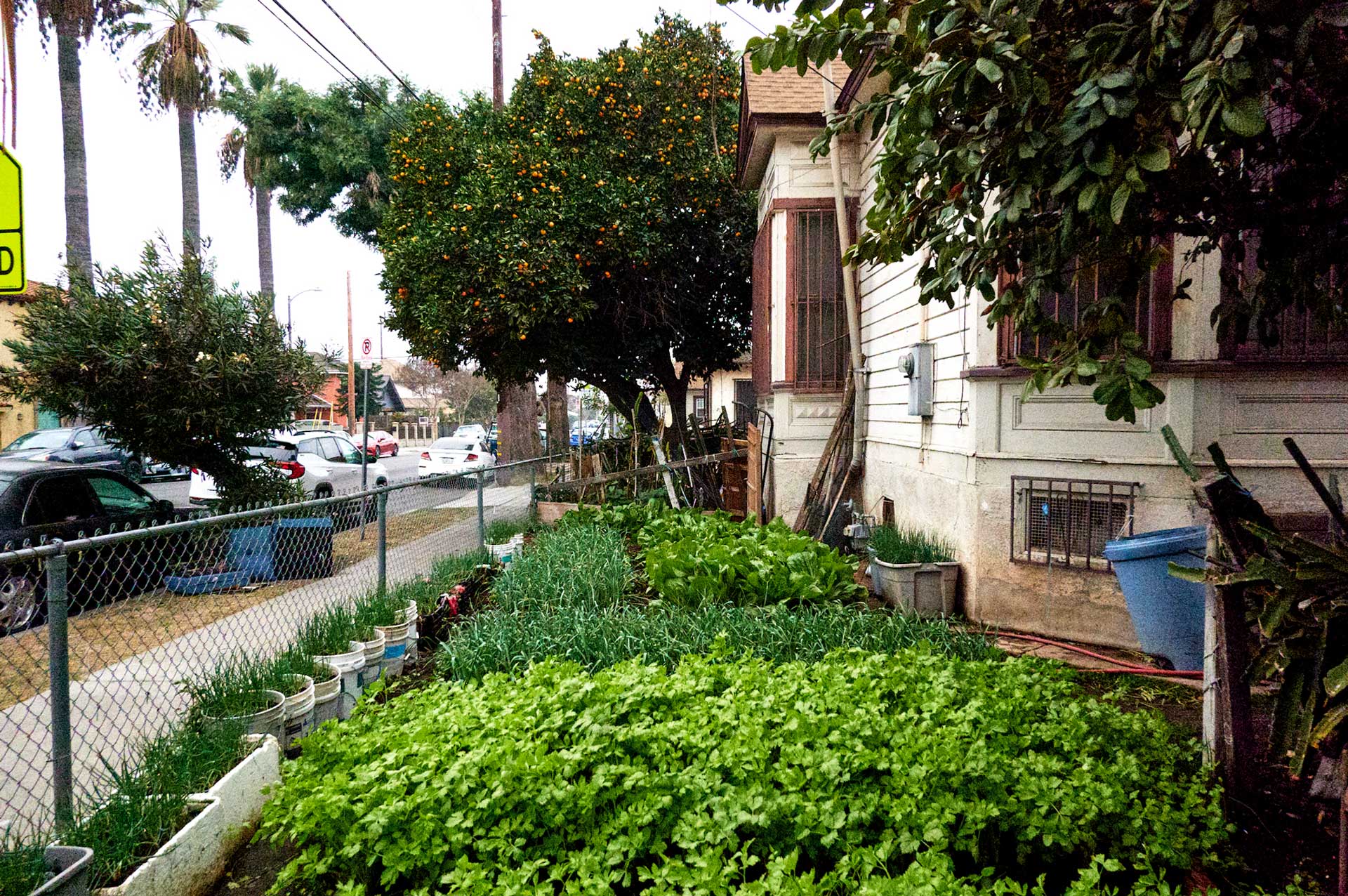
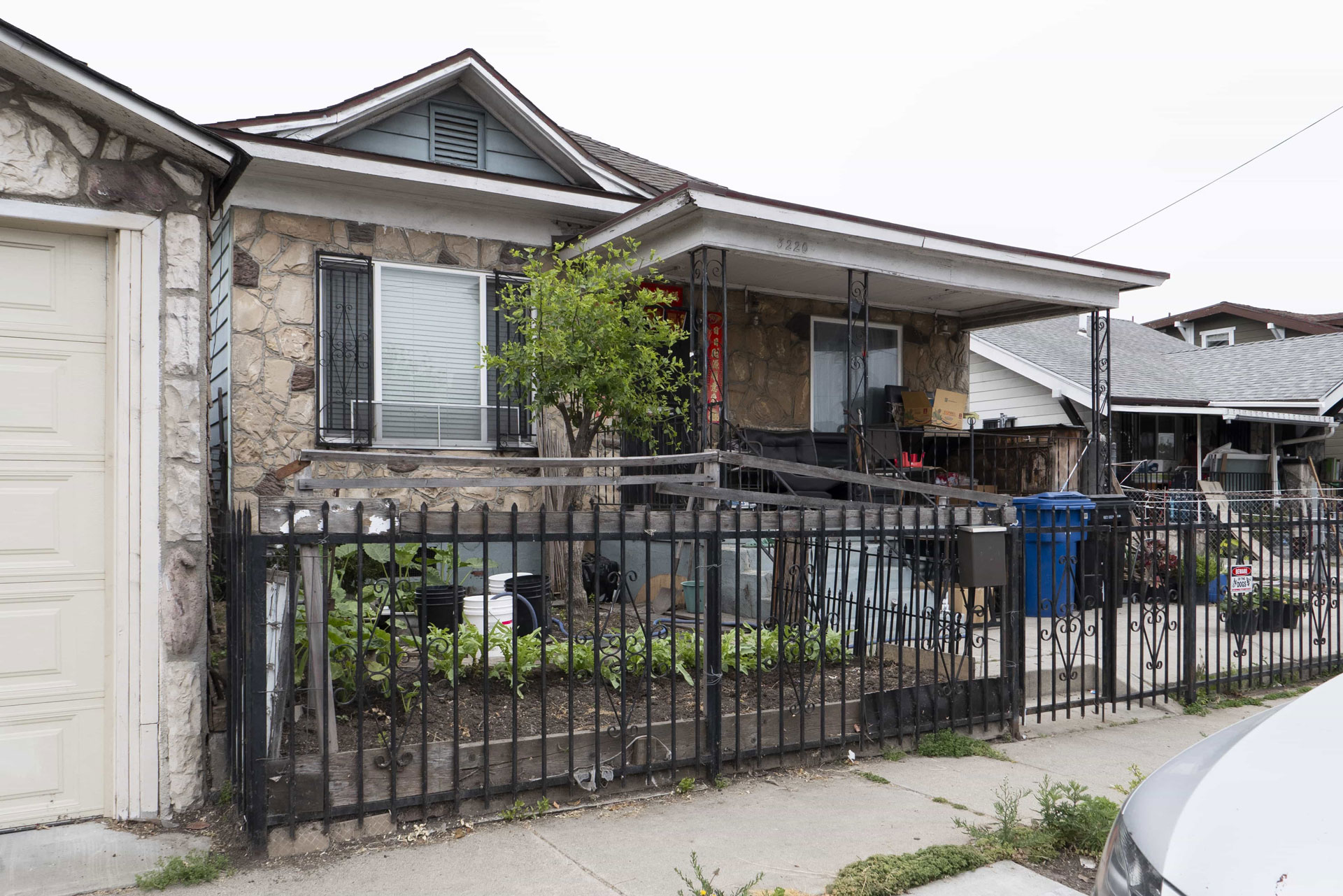
Front yard vegetable garden by Chinese American residents in Lincoln Heights. Left photo by Lee Tyler Thompson.
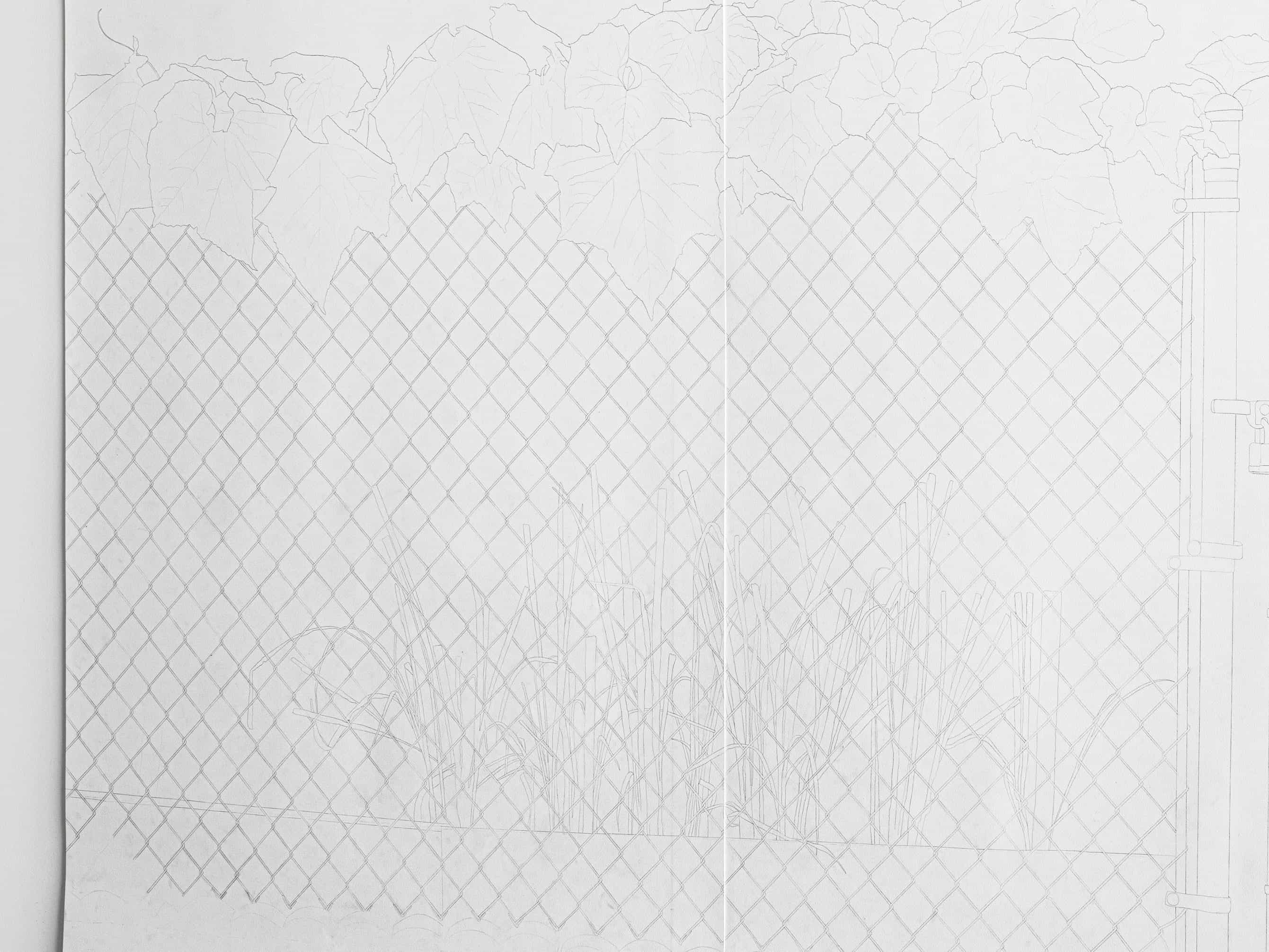
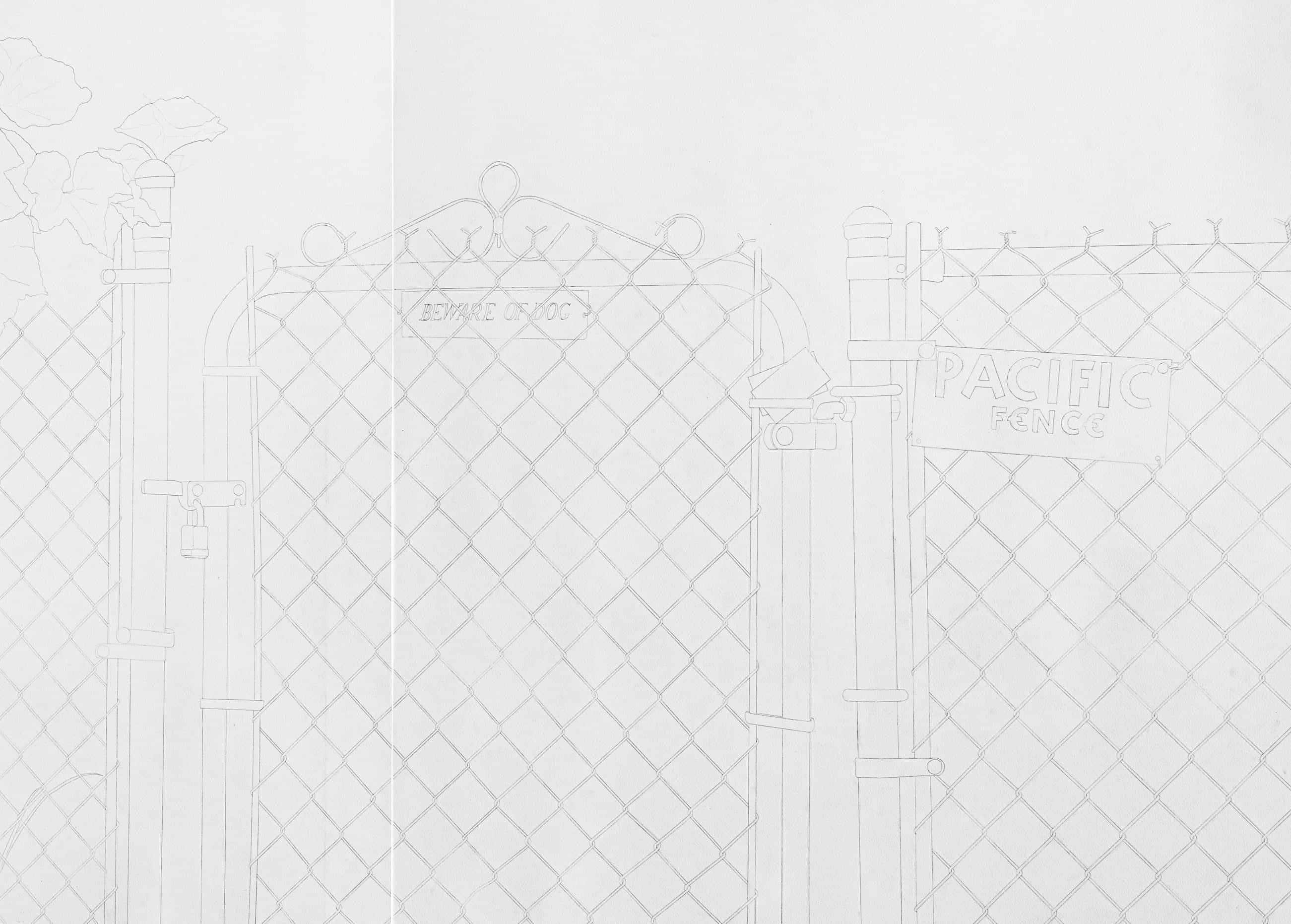
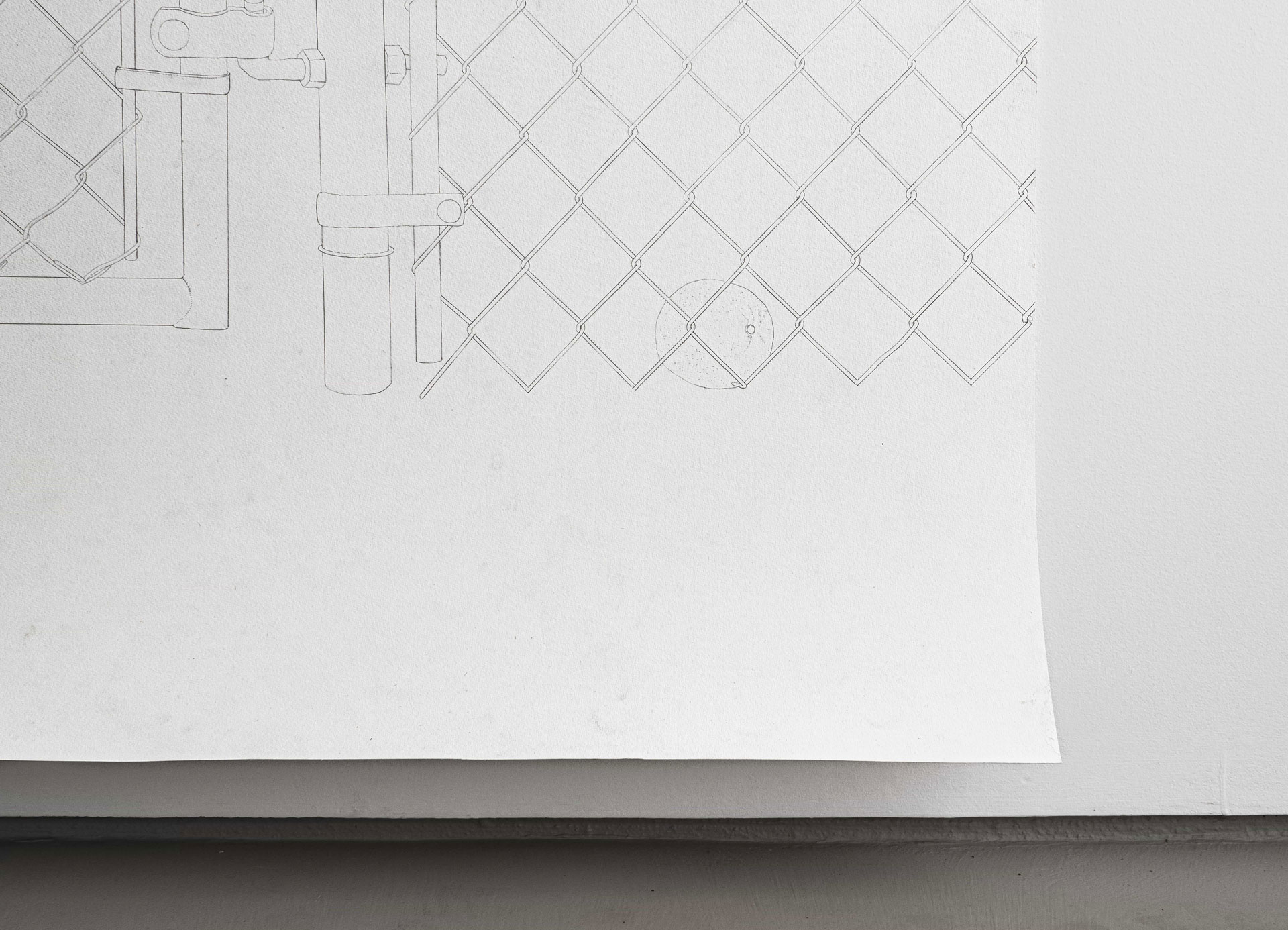
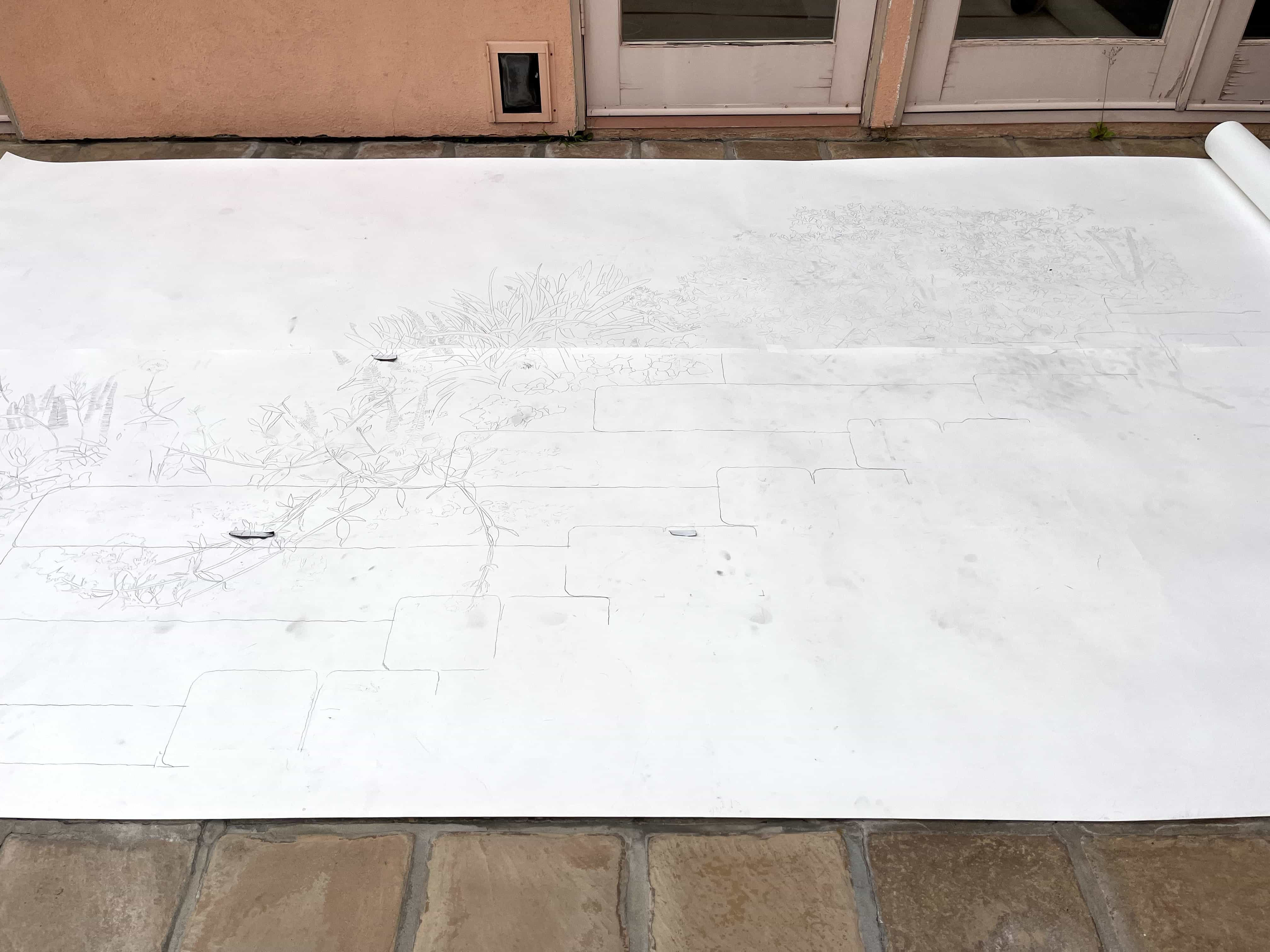
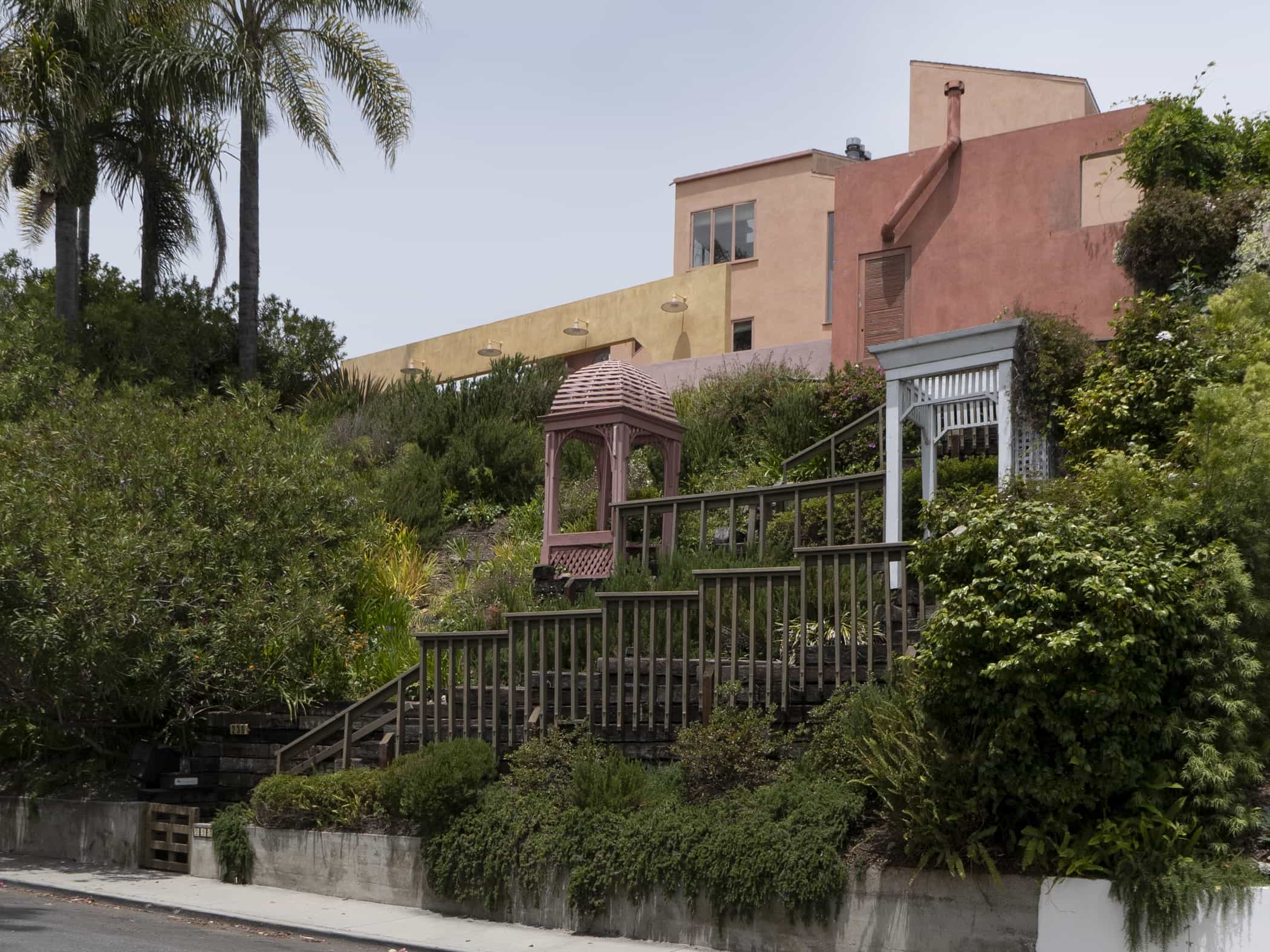
.jpg)
The Burns House in the Santa Monica Canyon designed by Charles Moore.